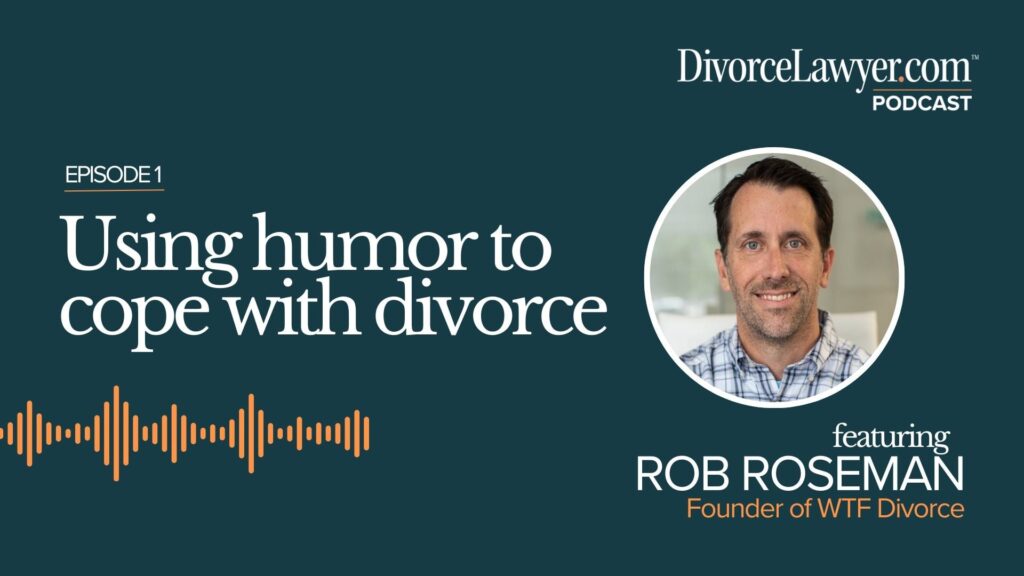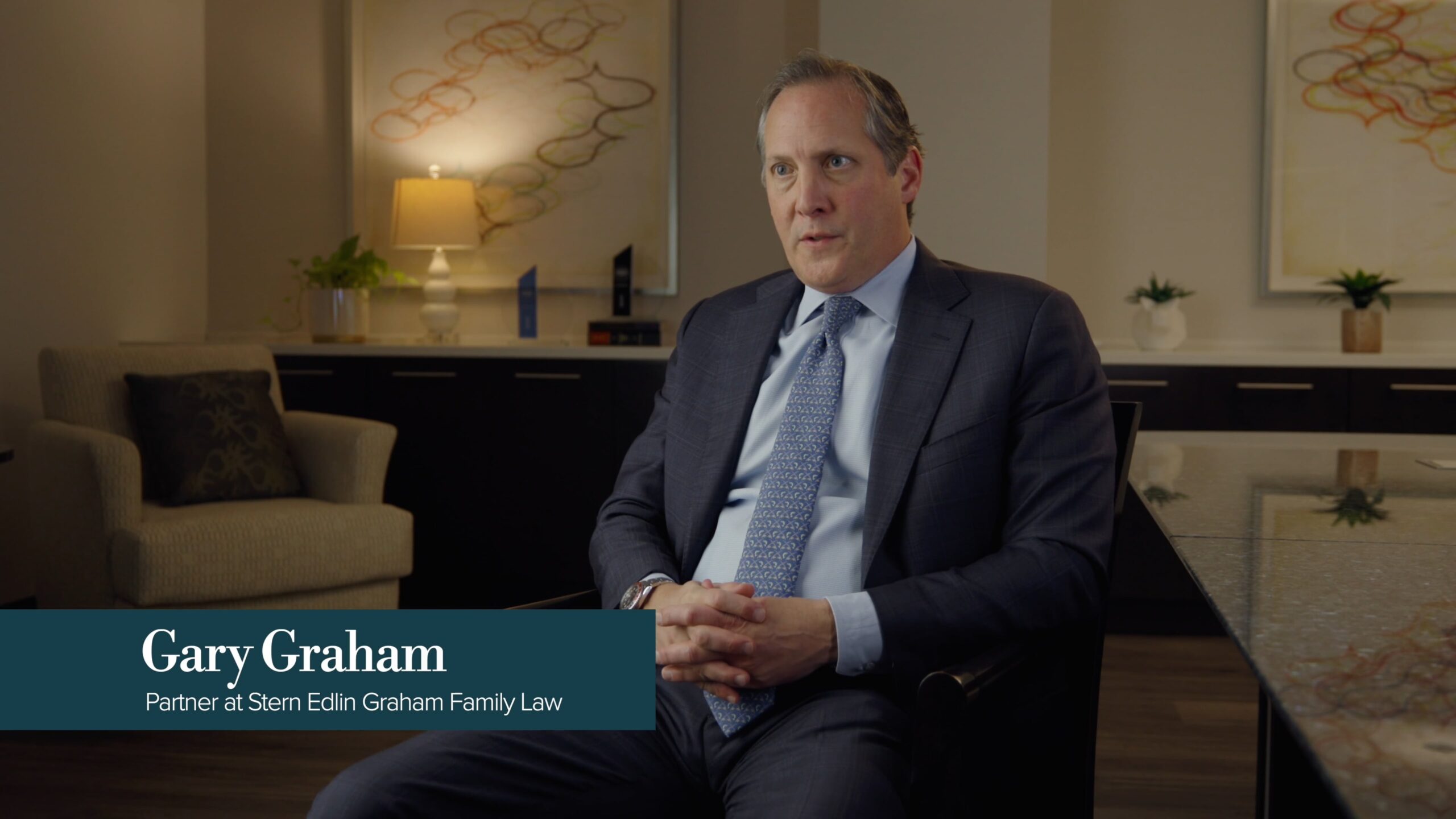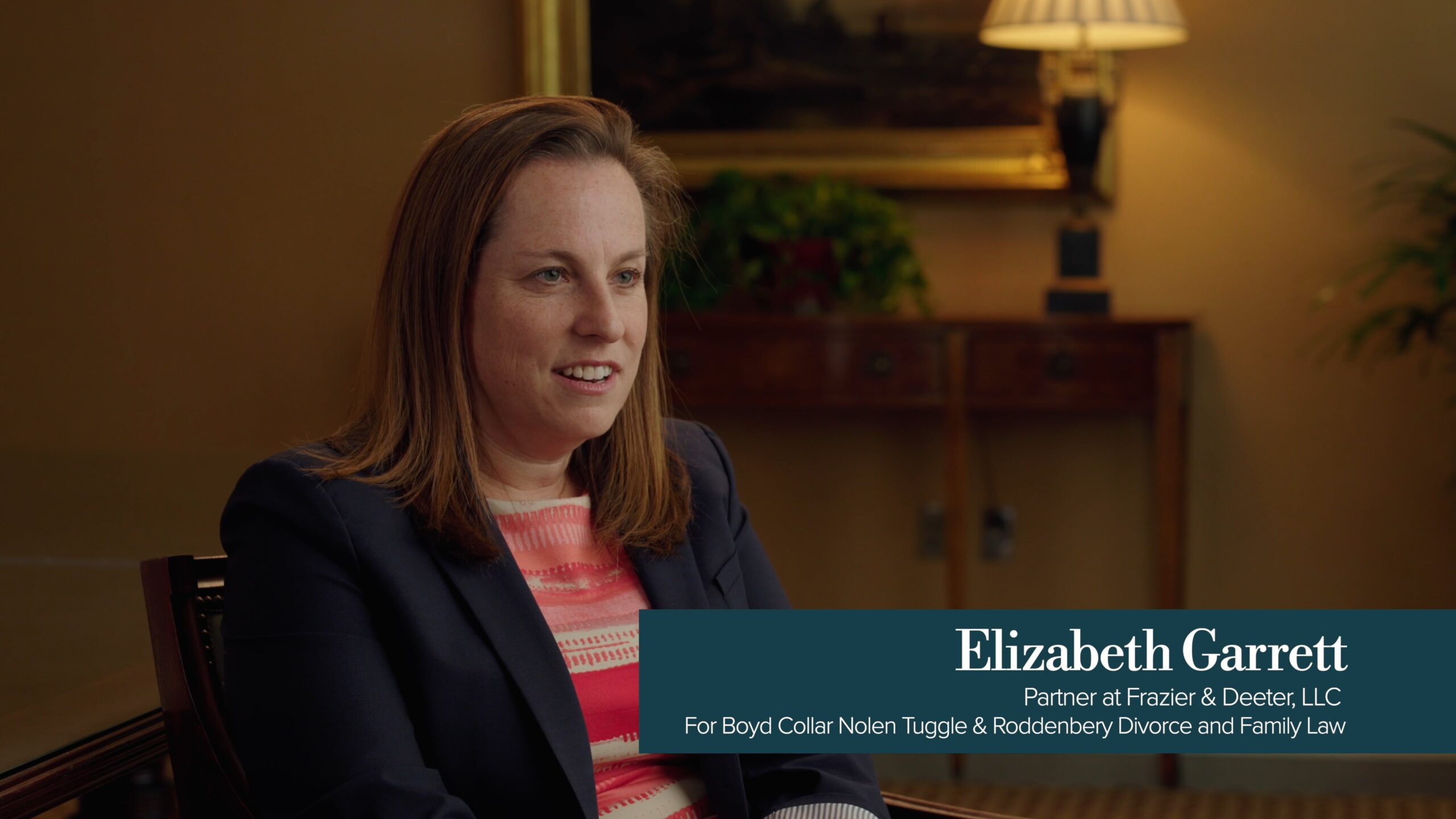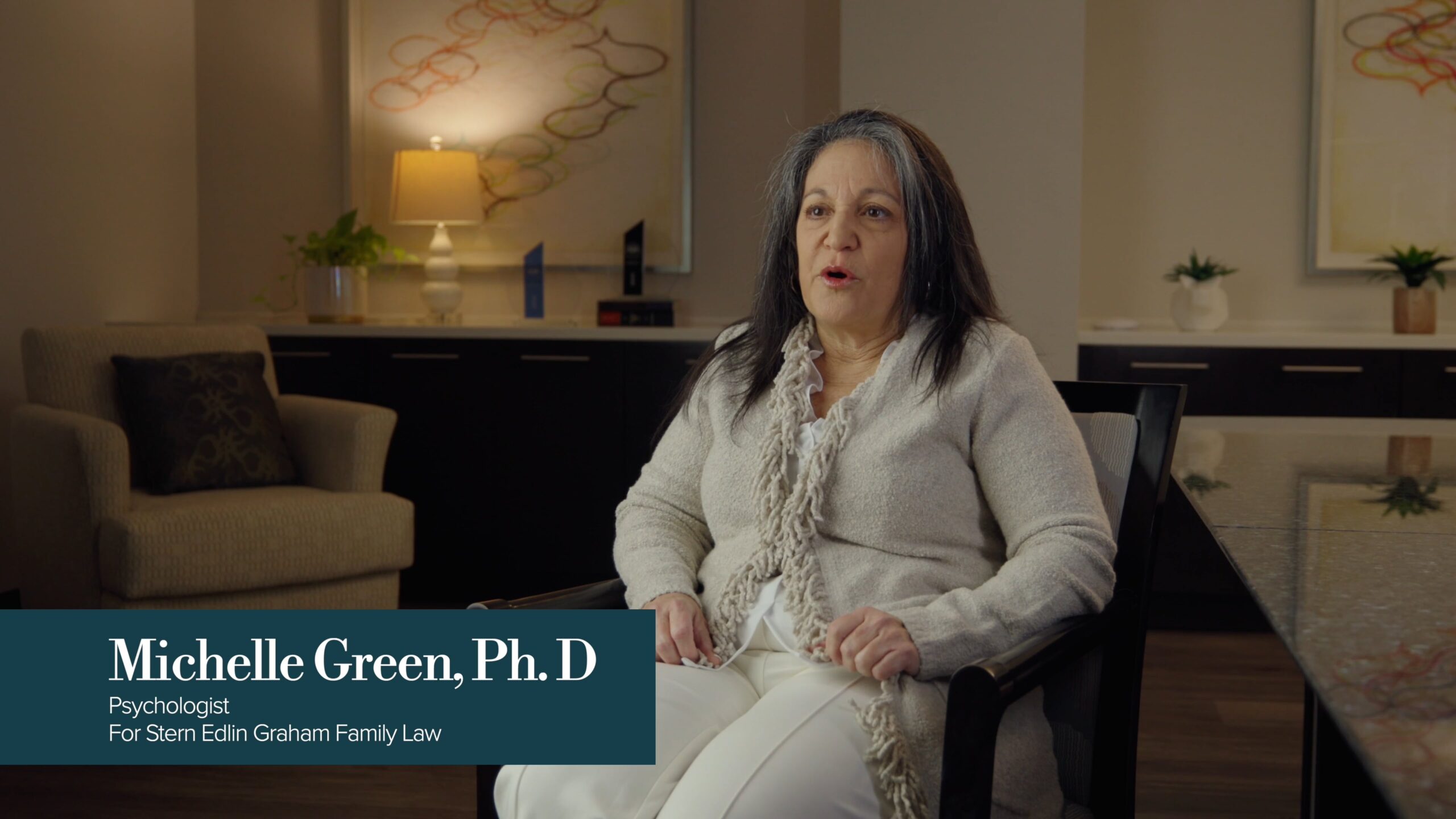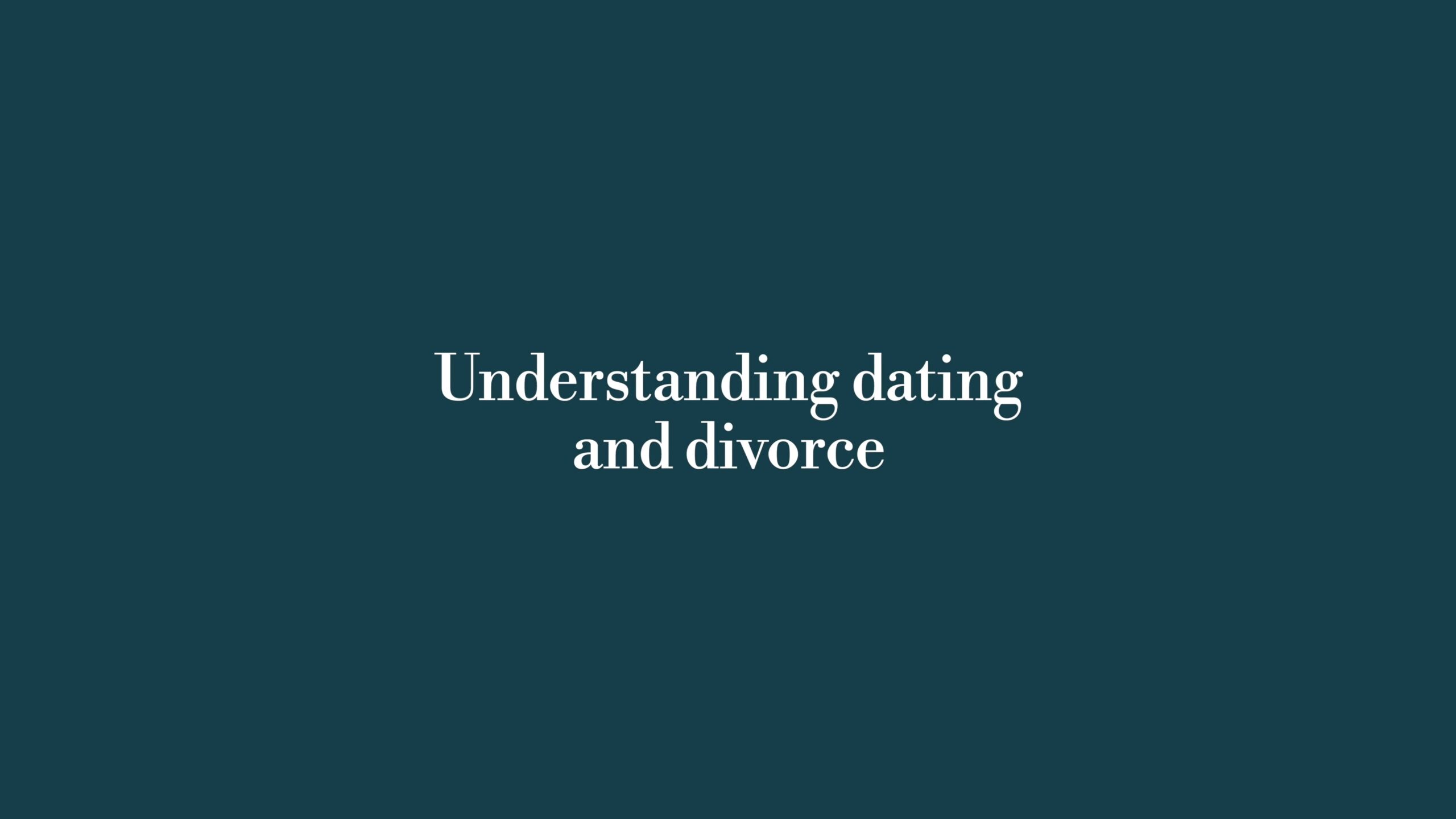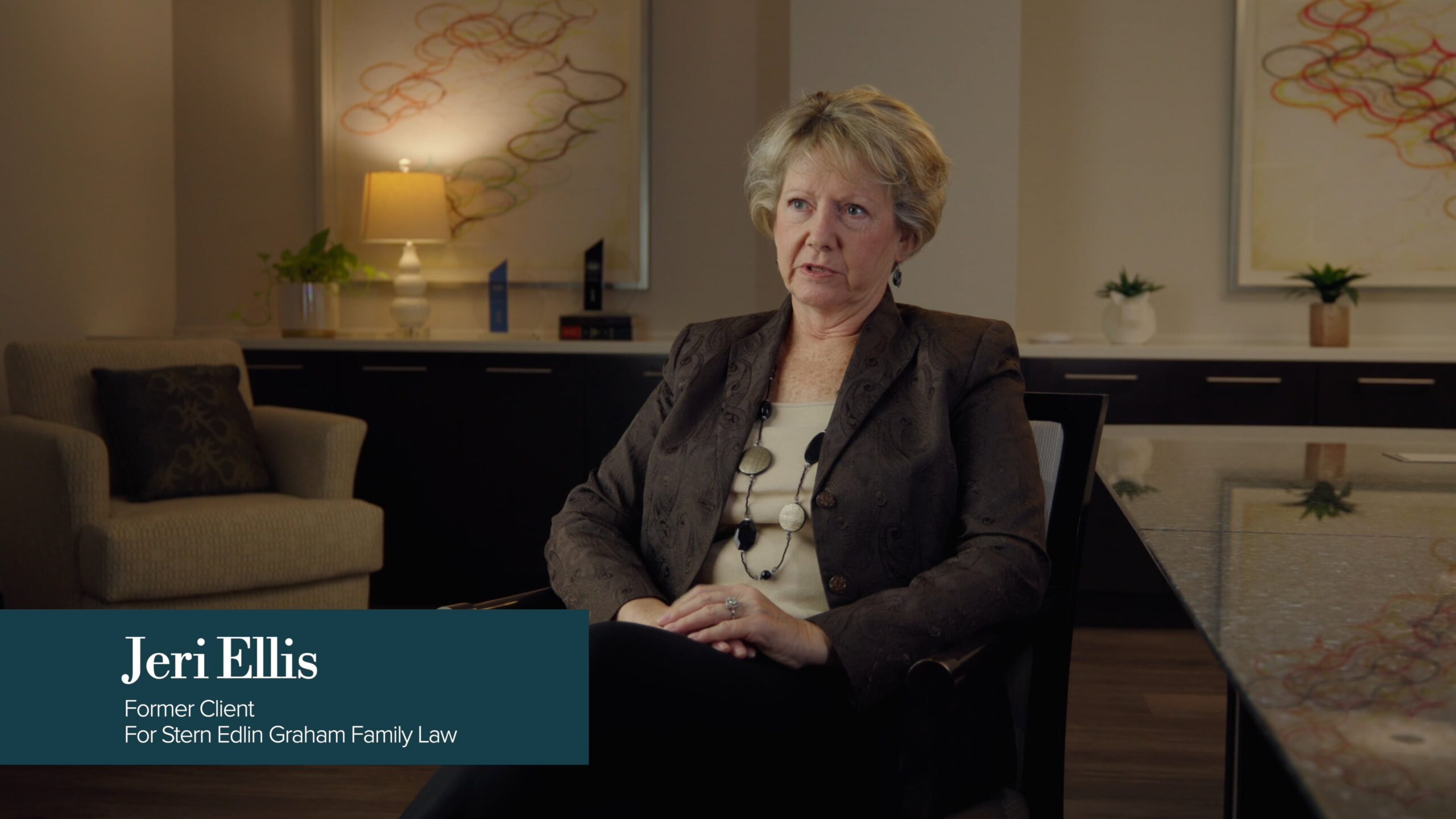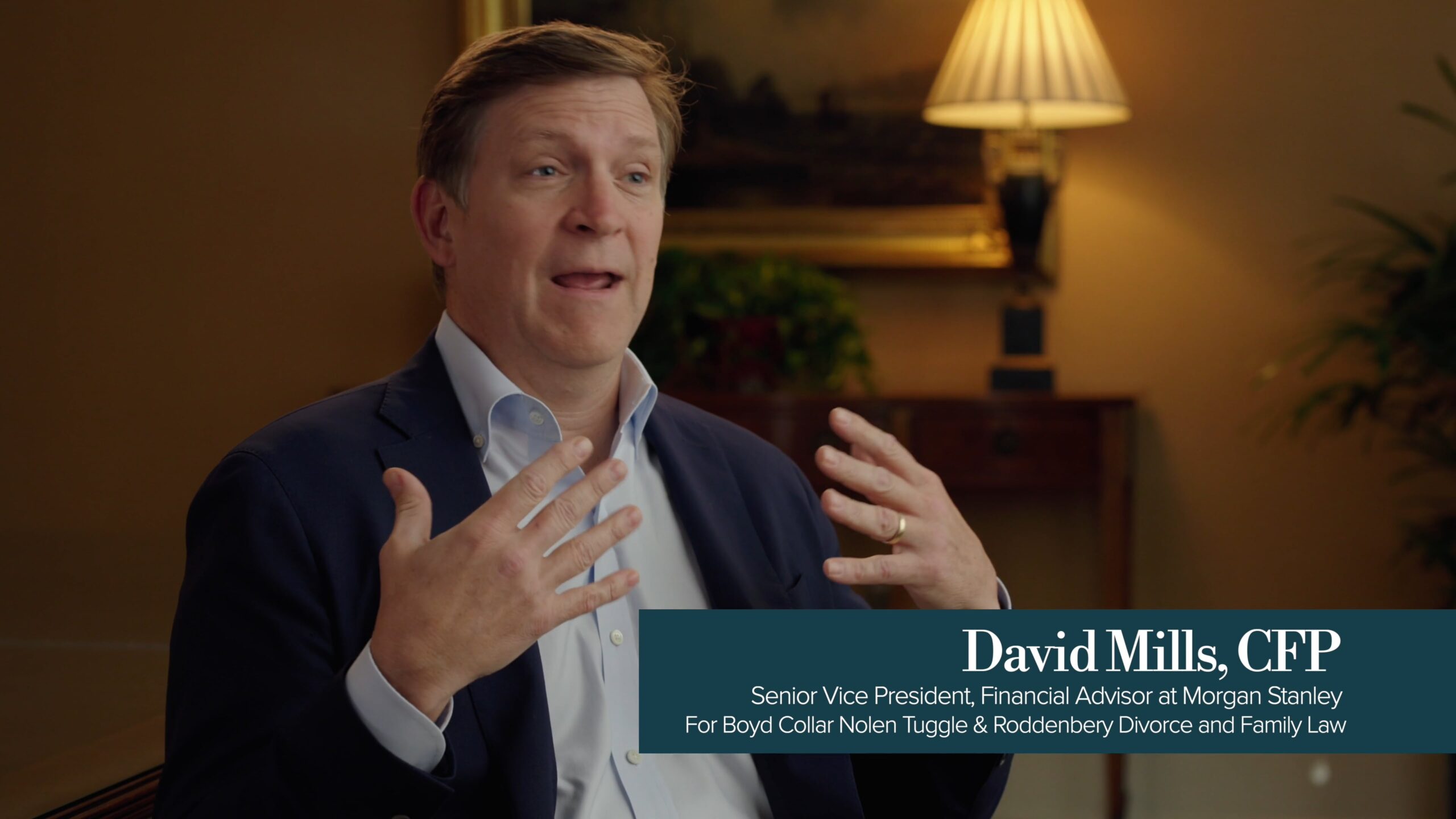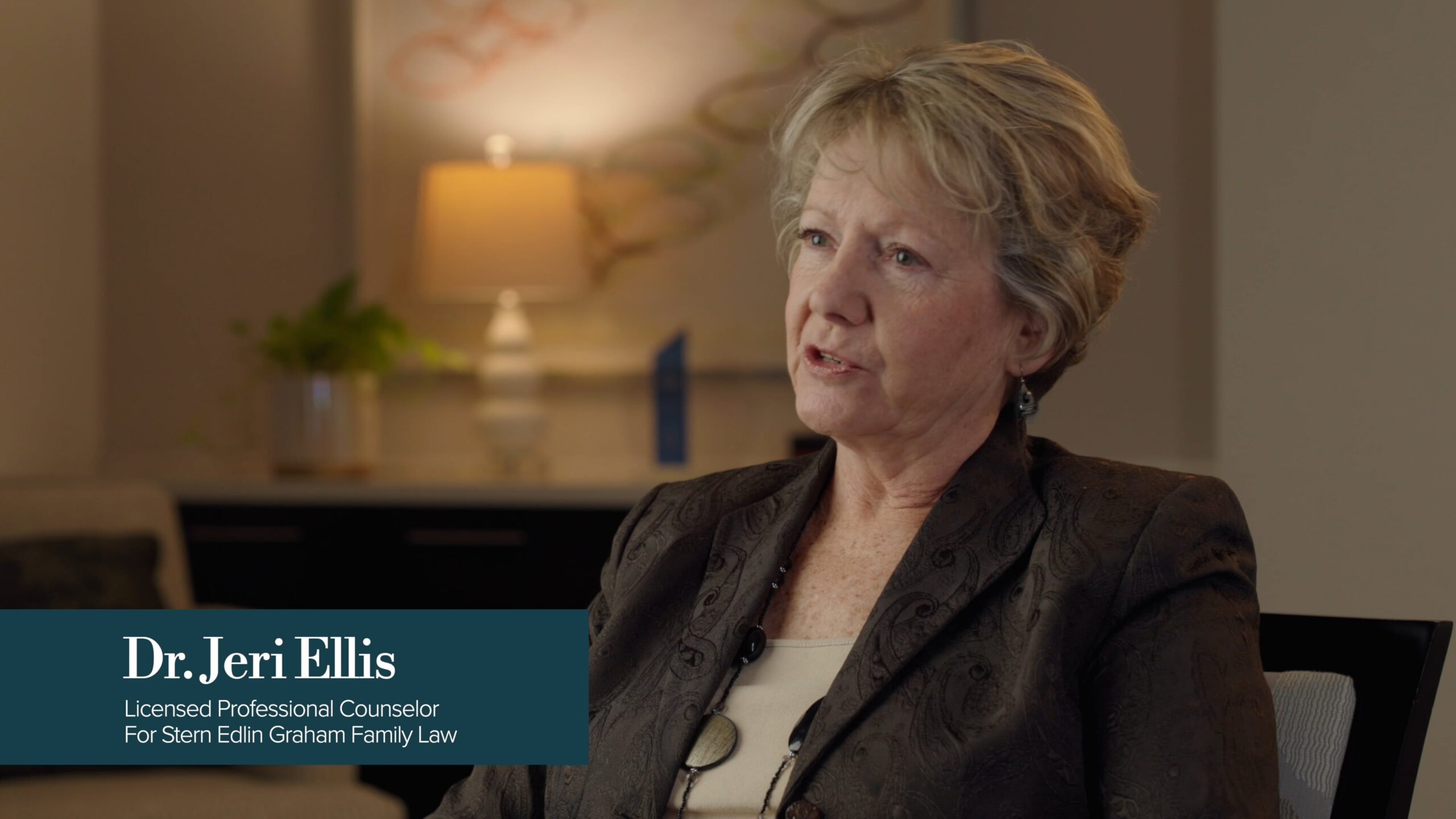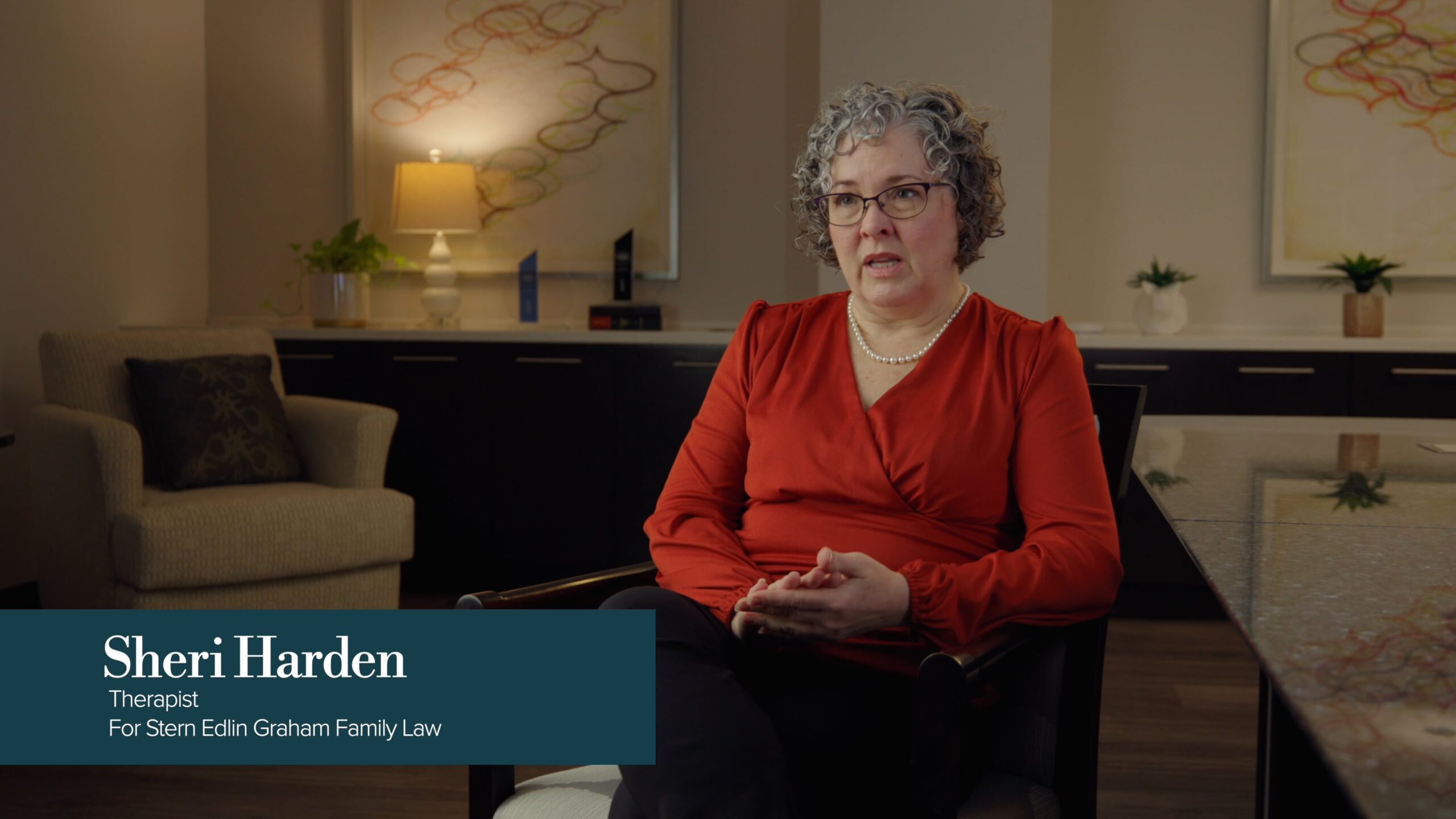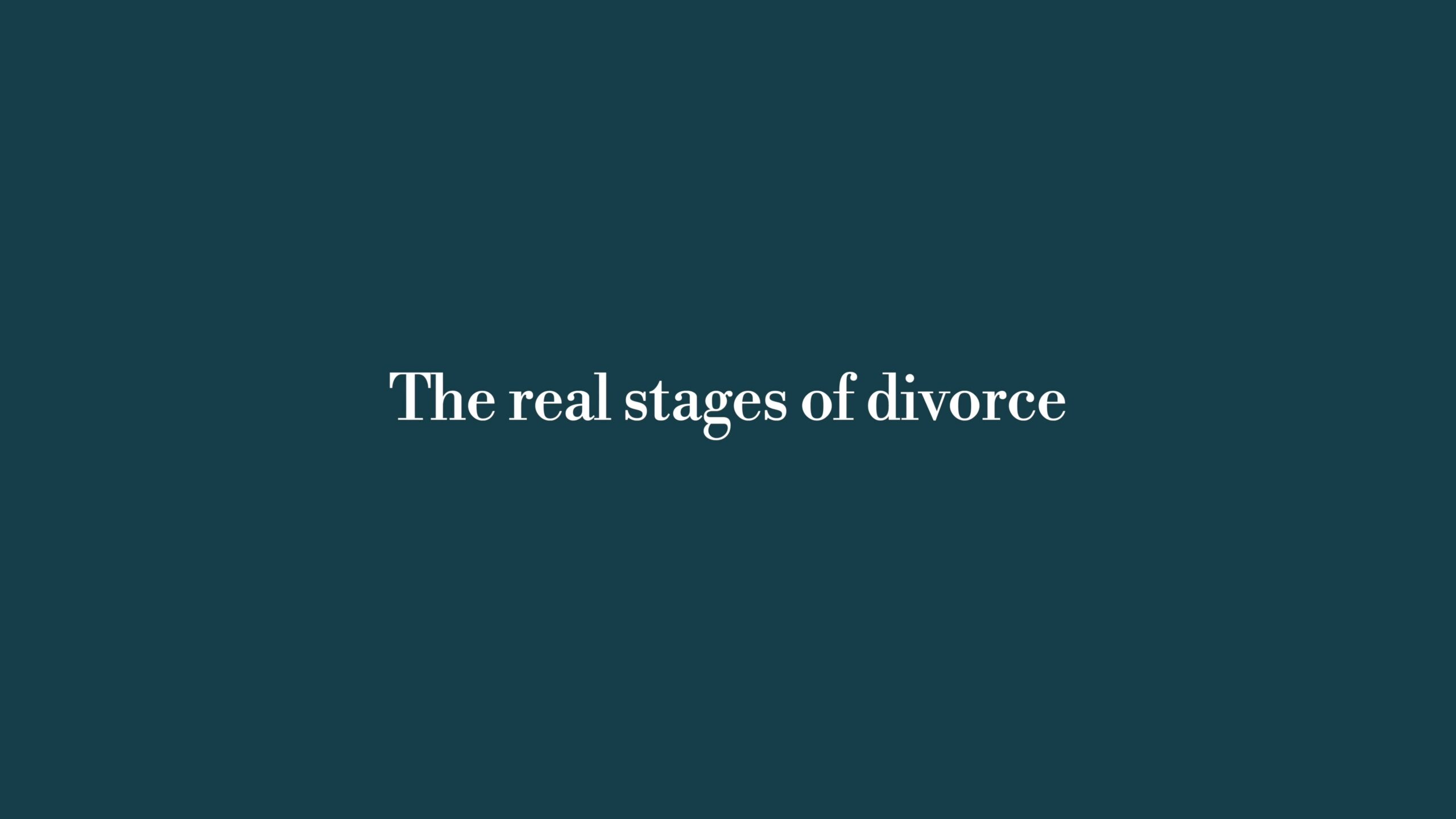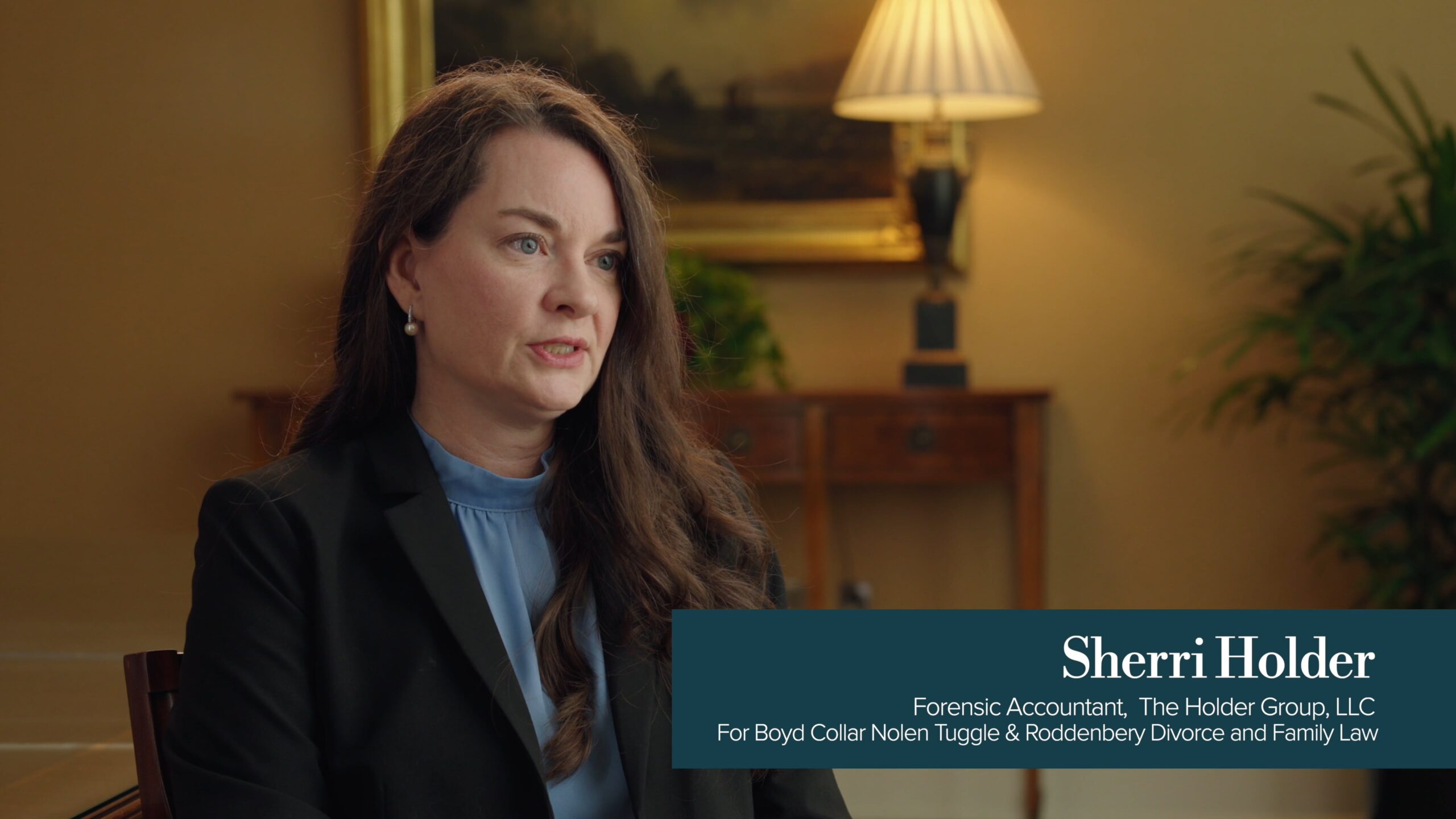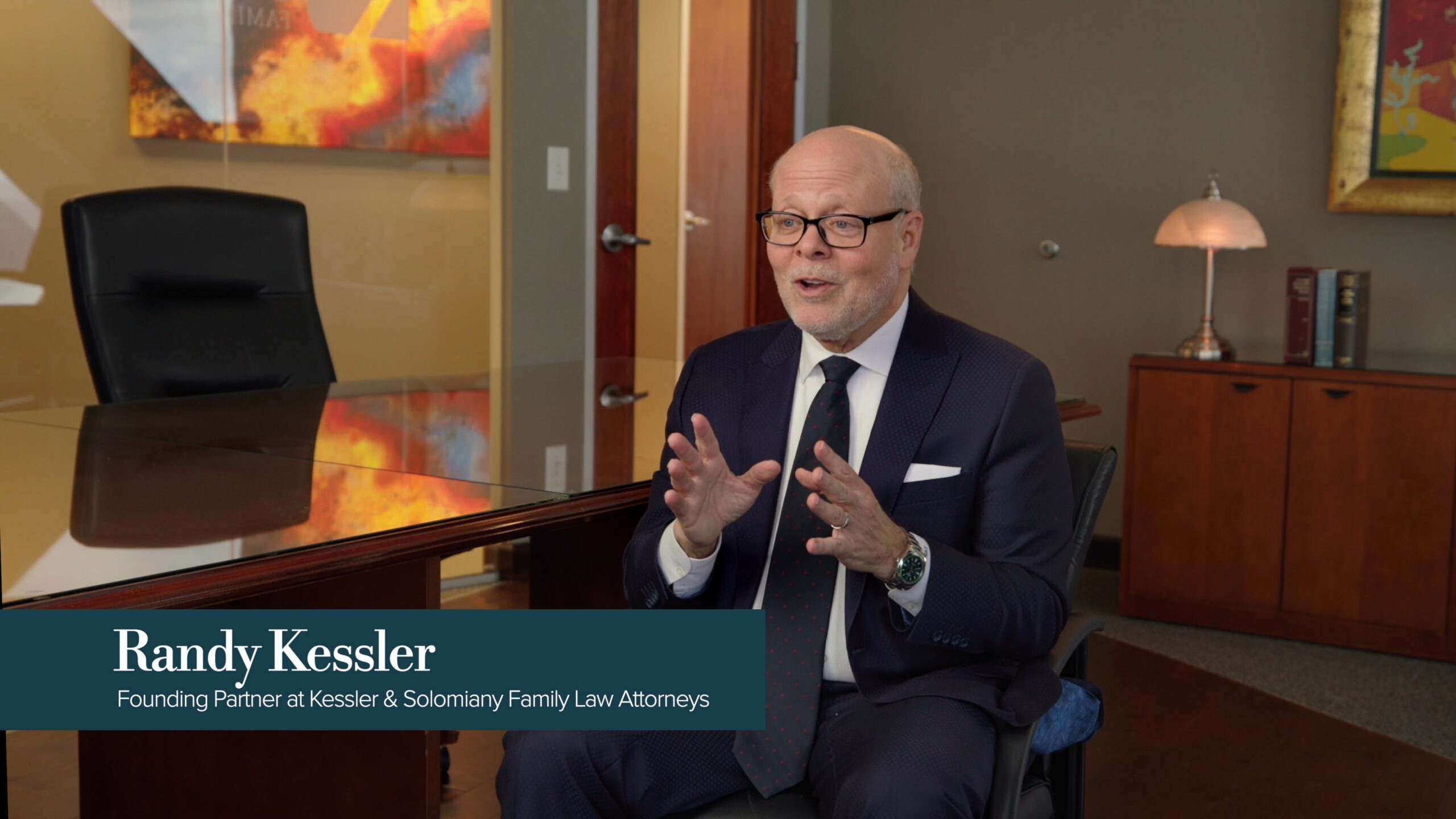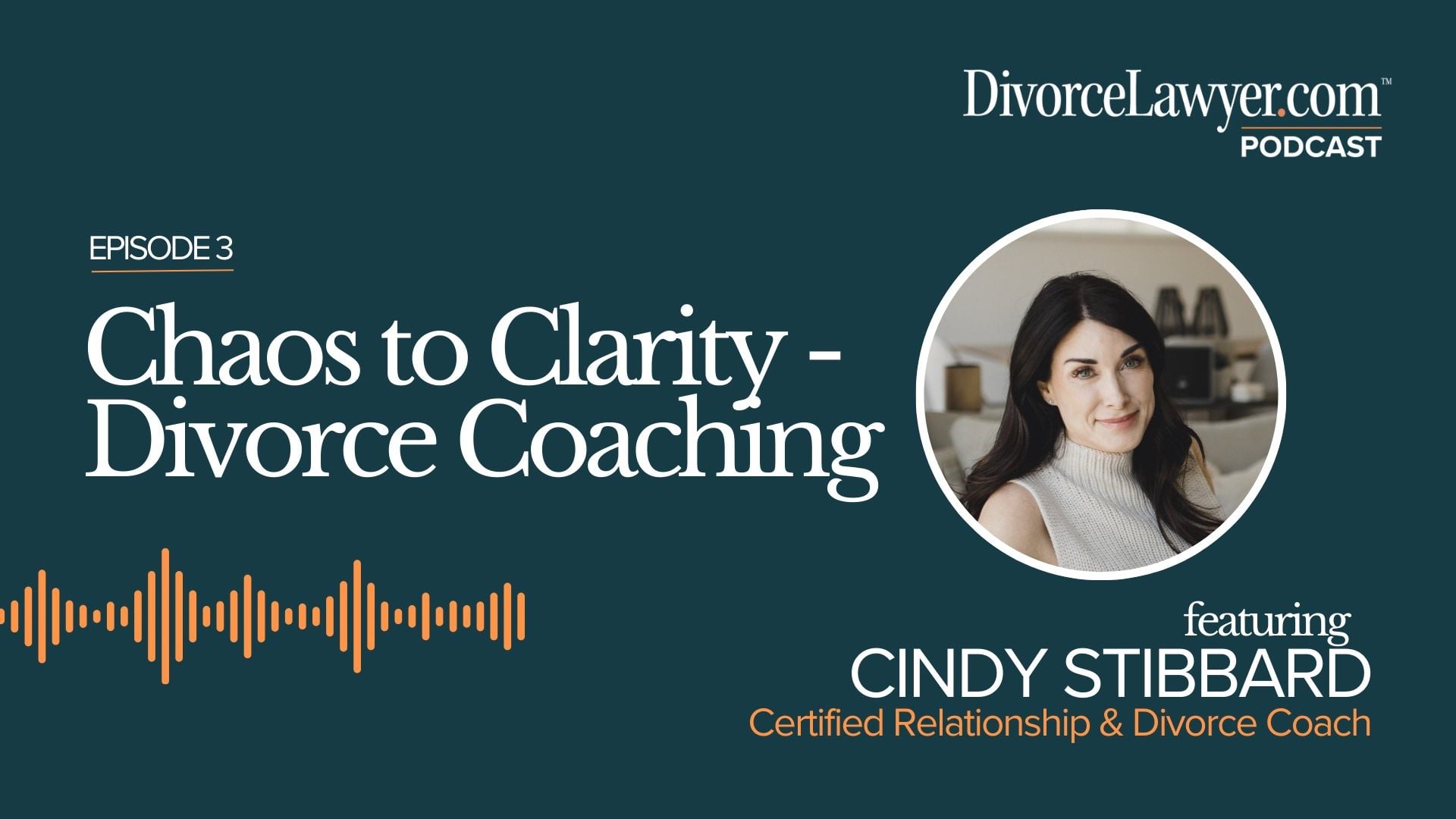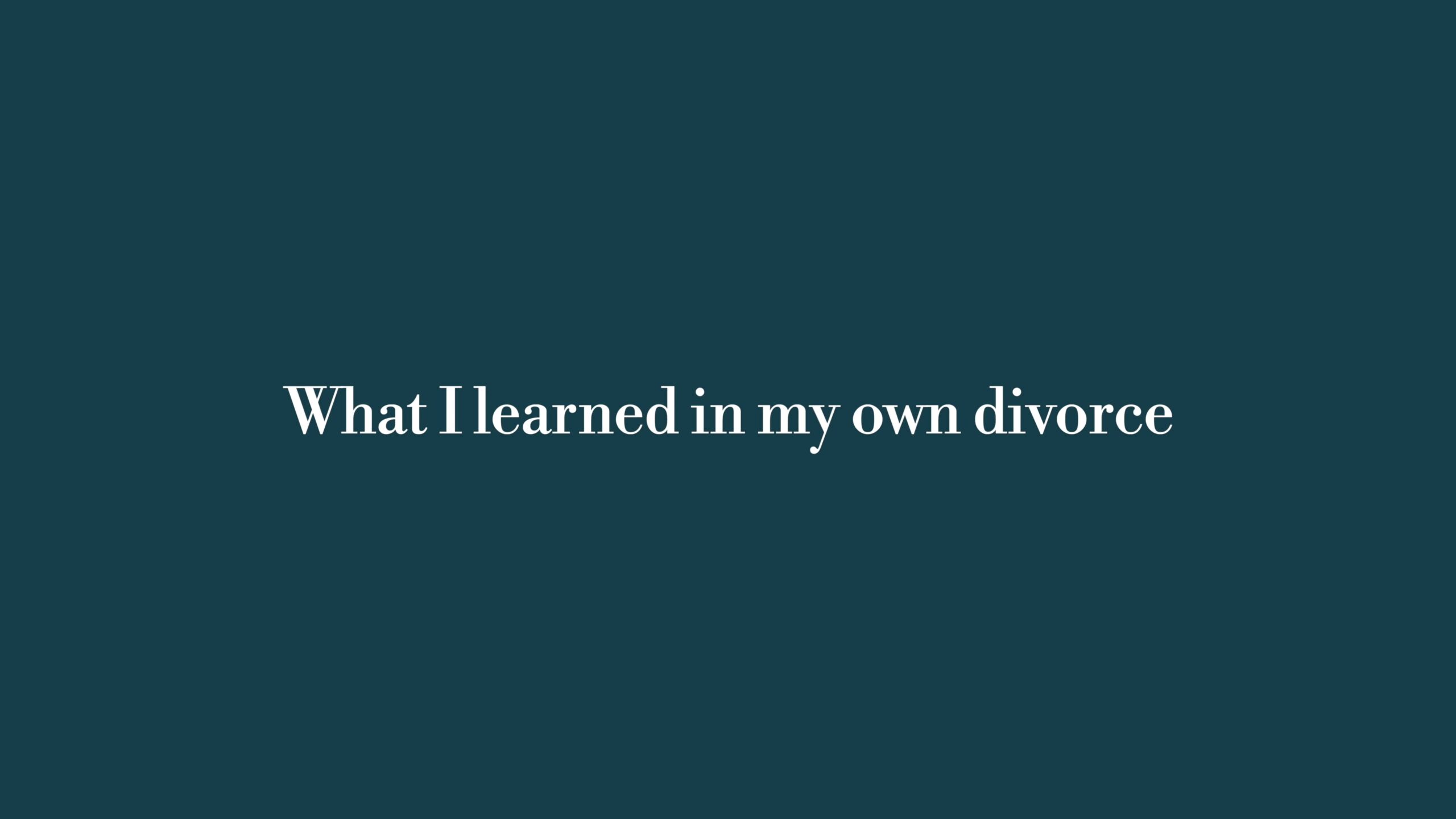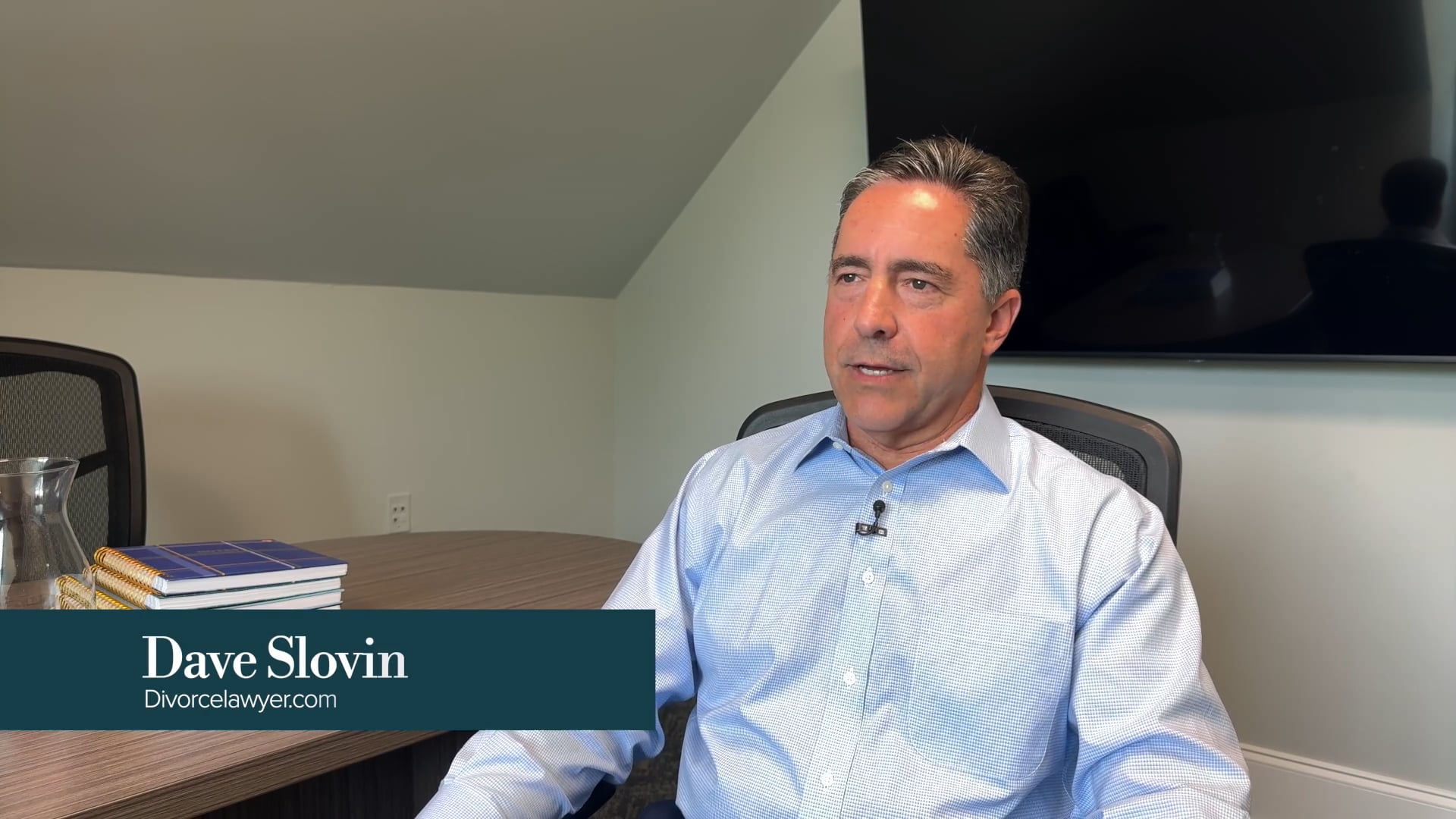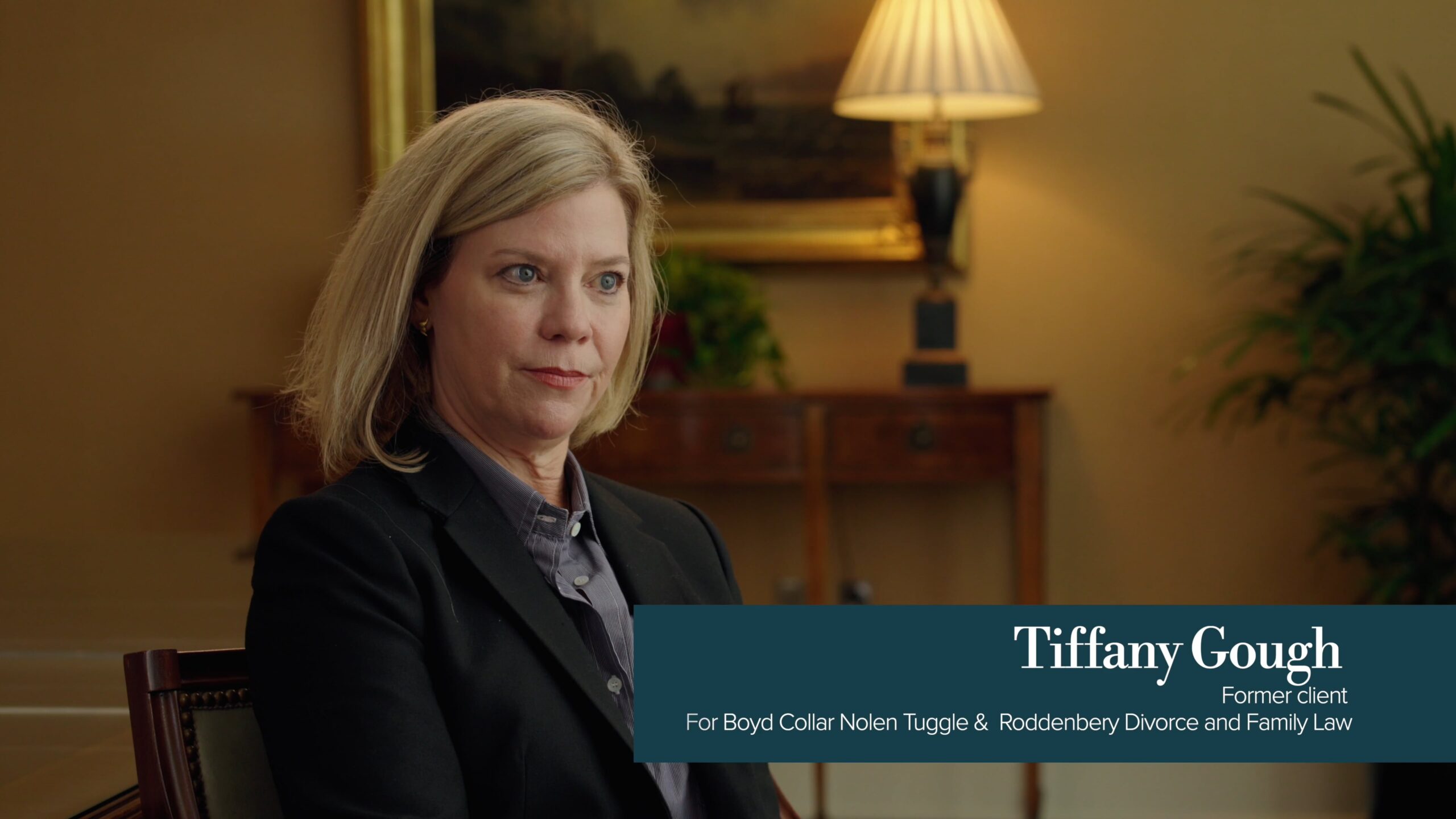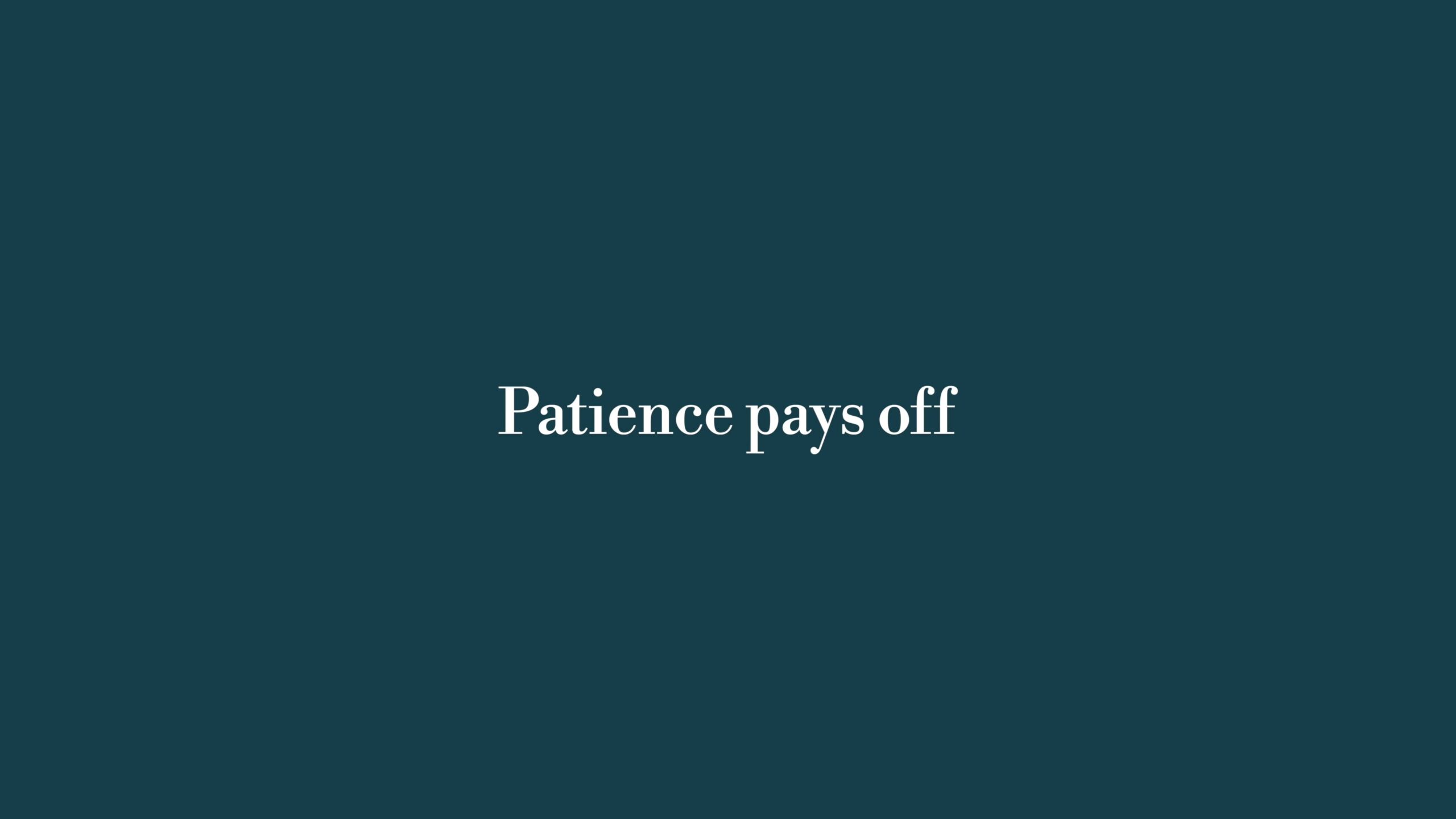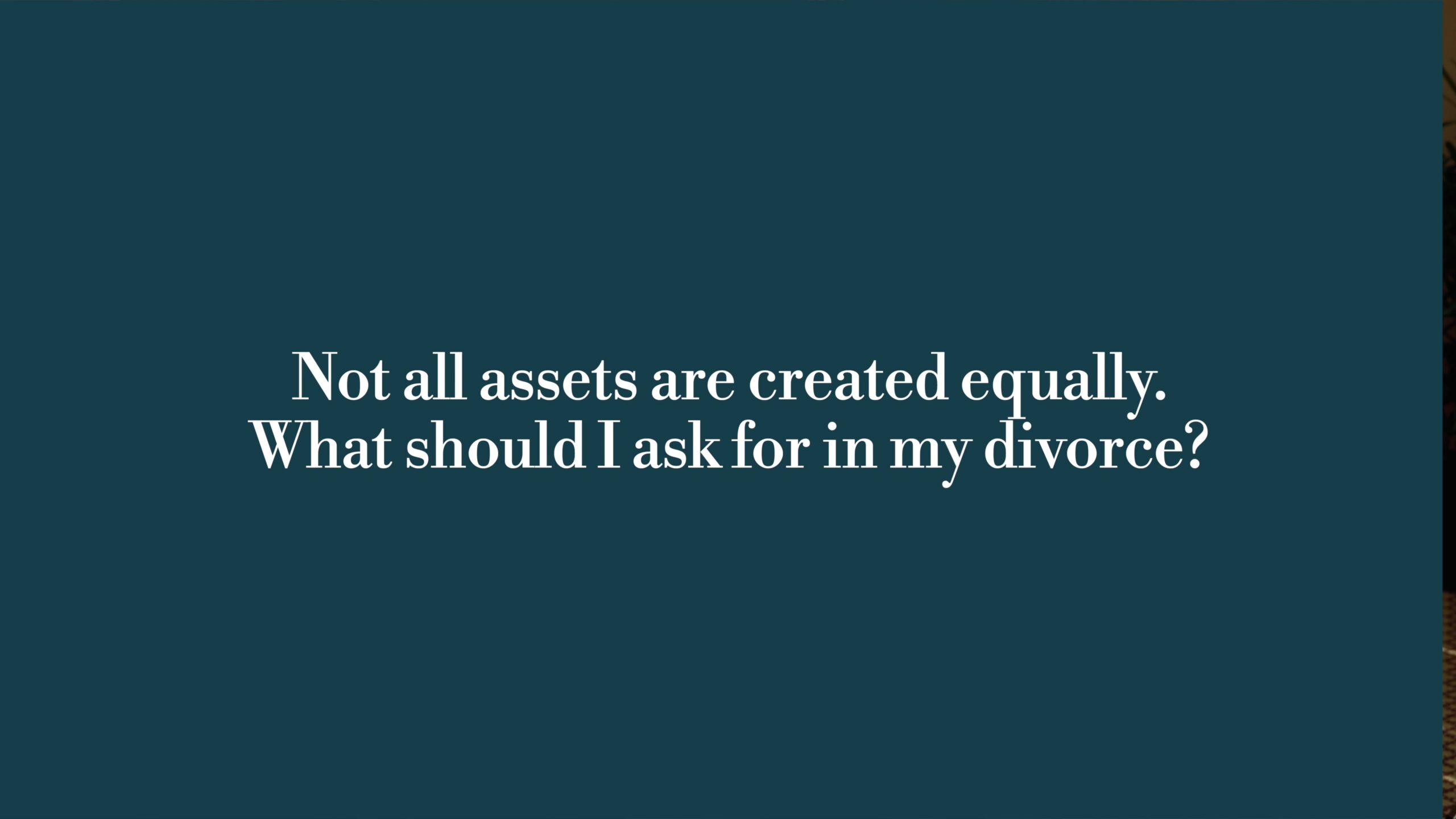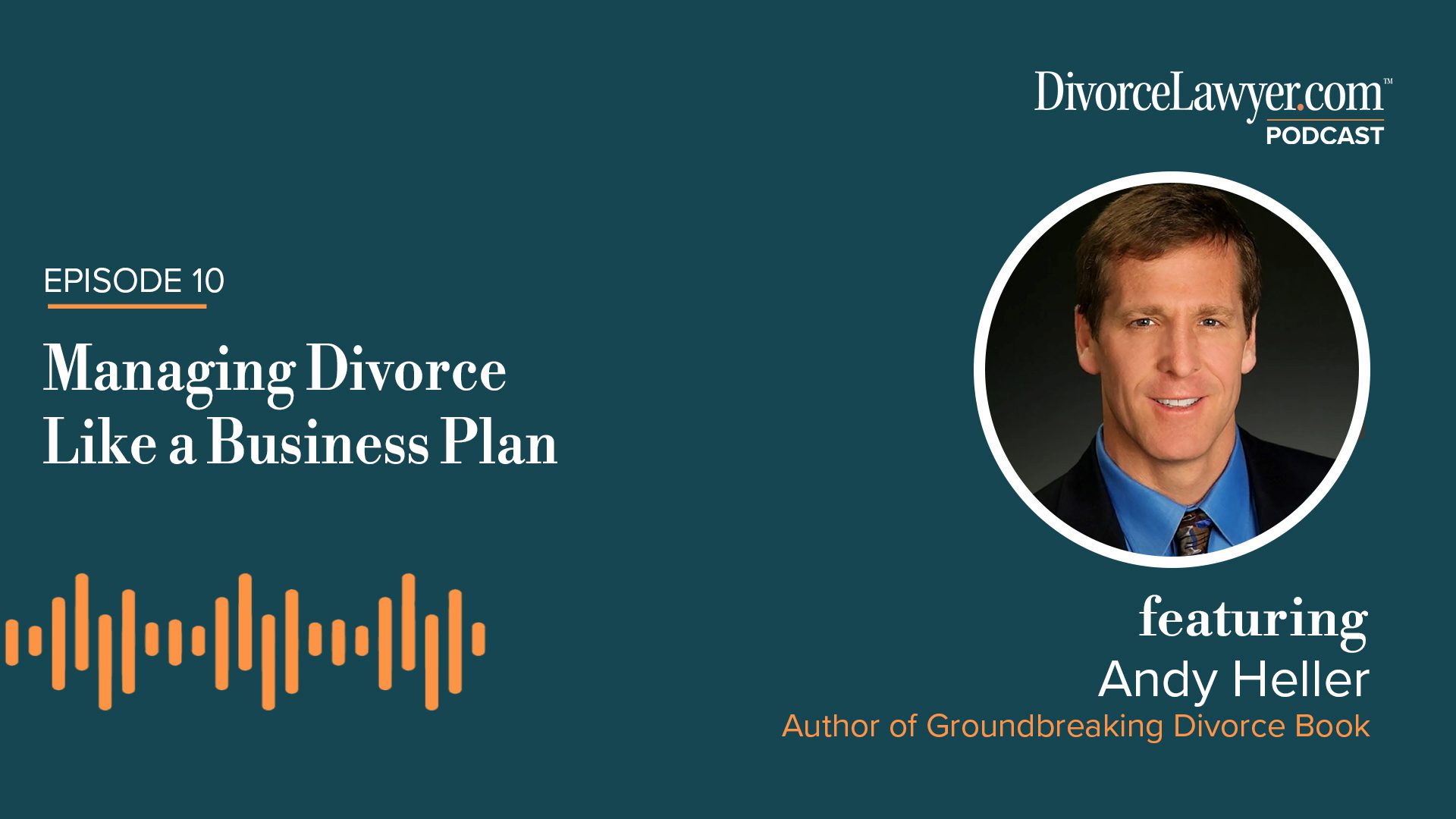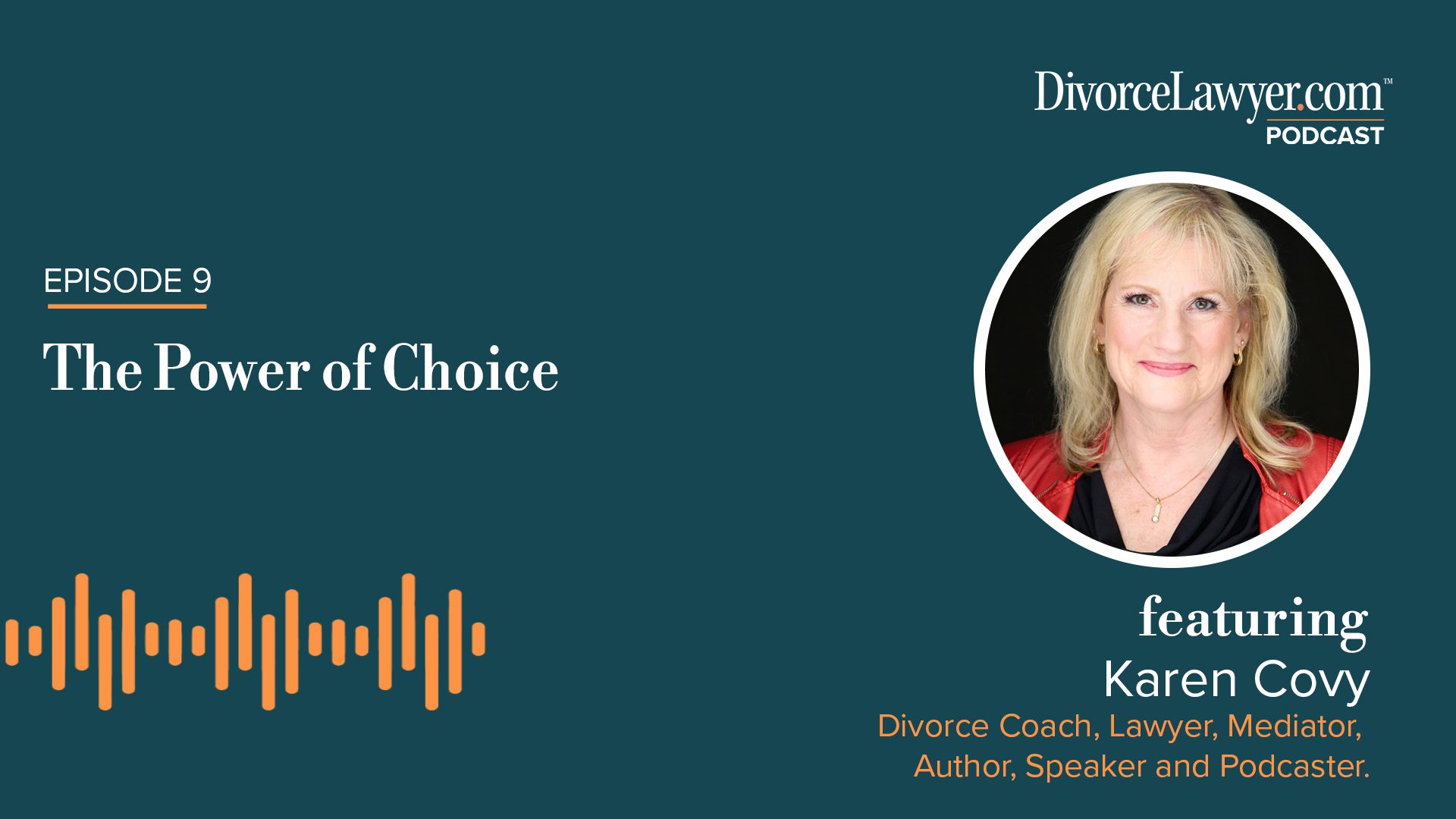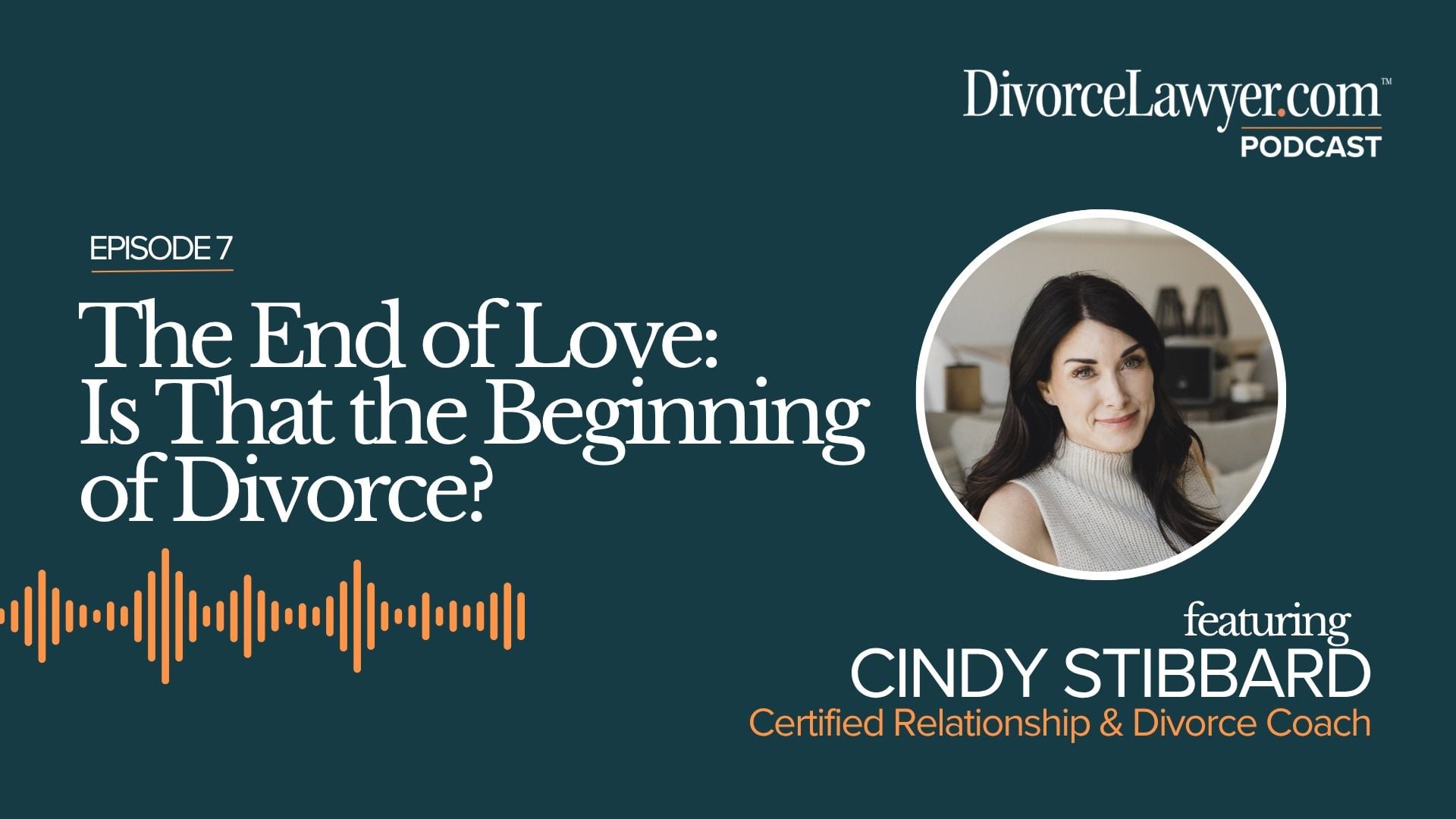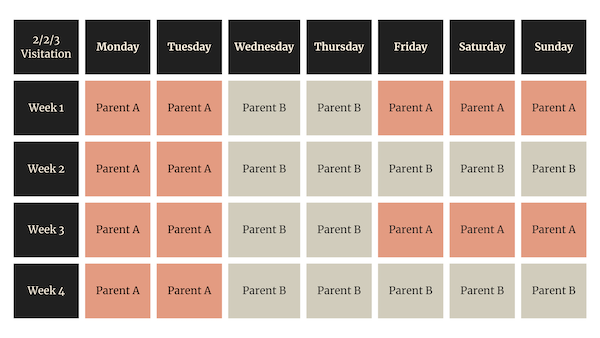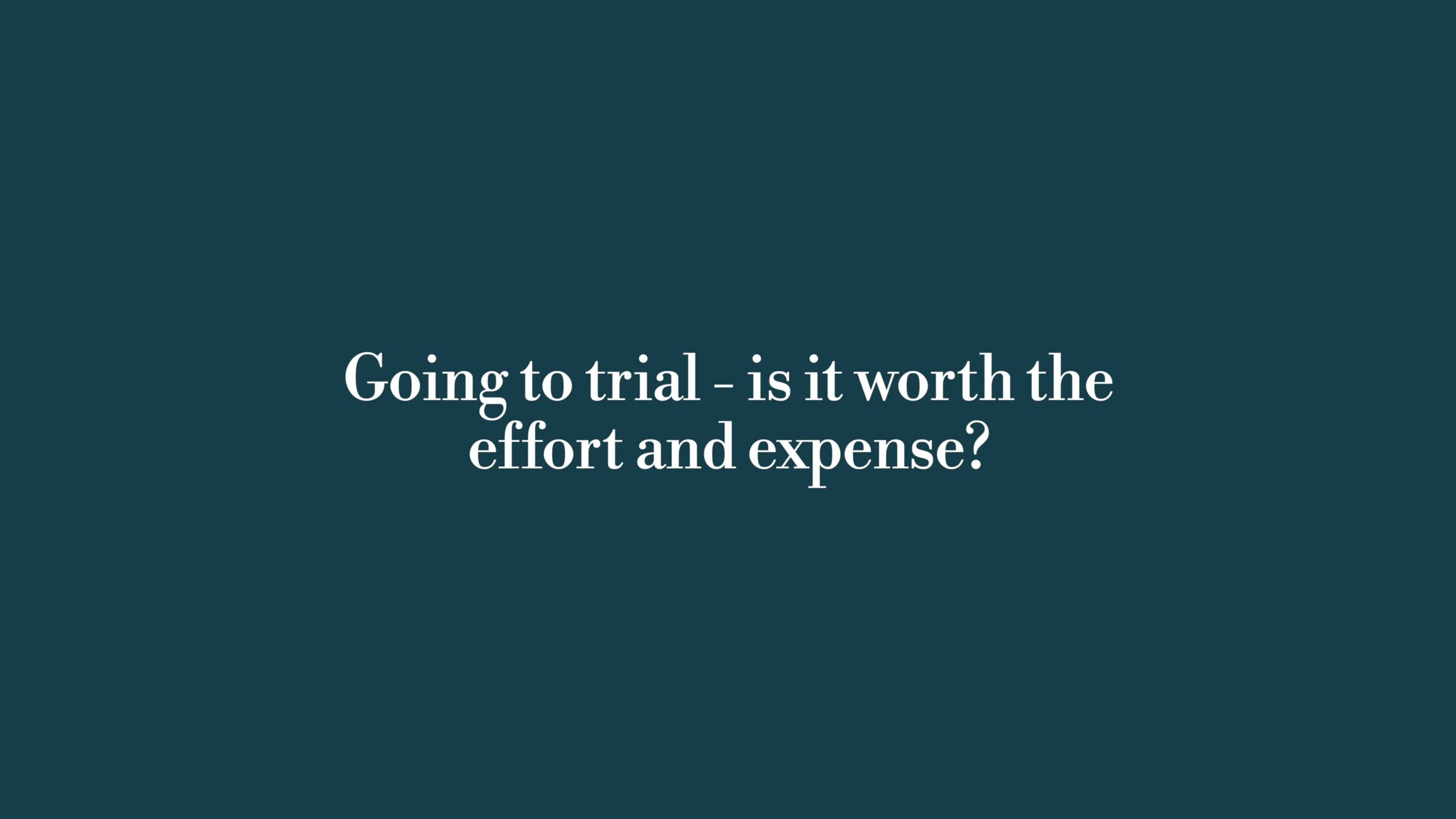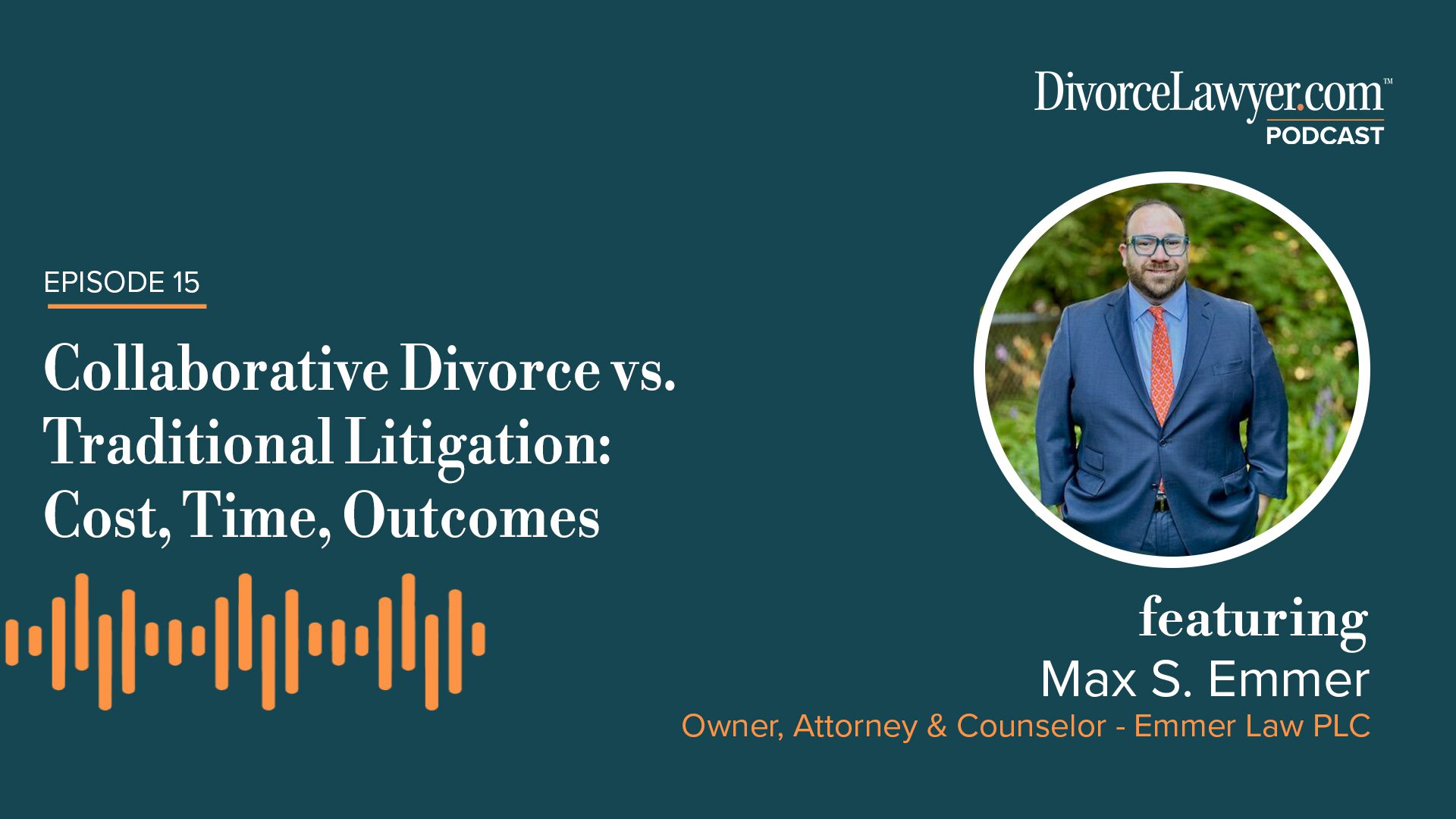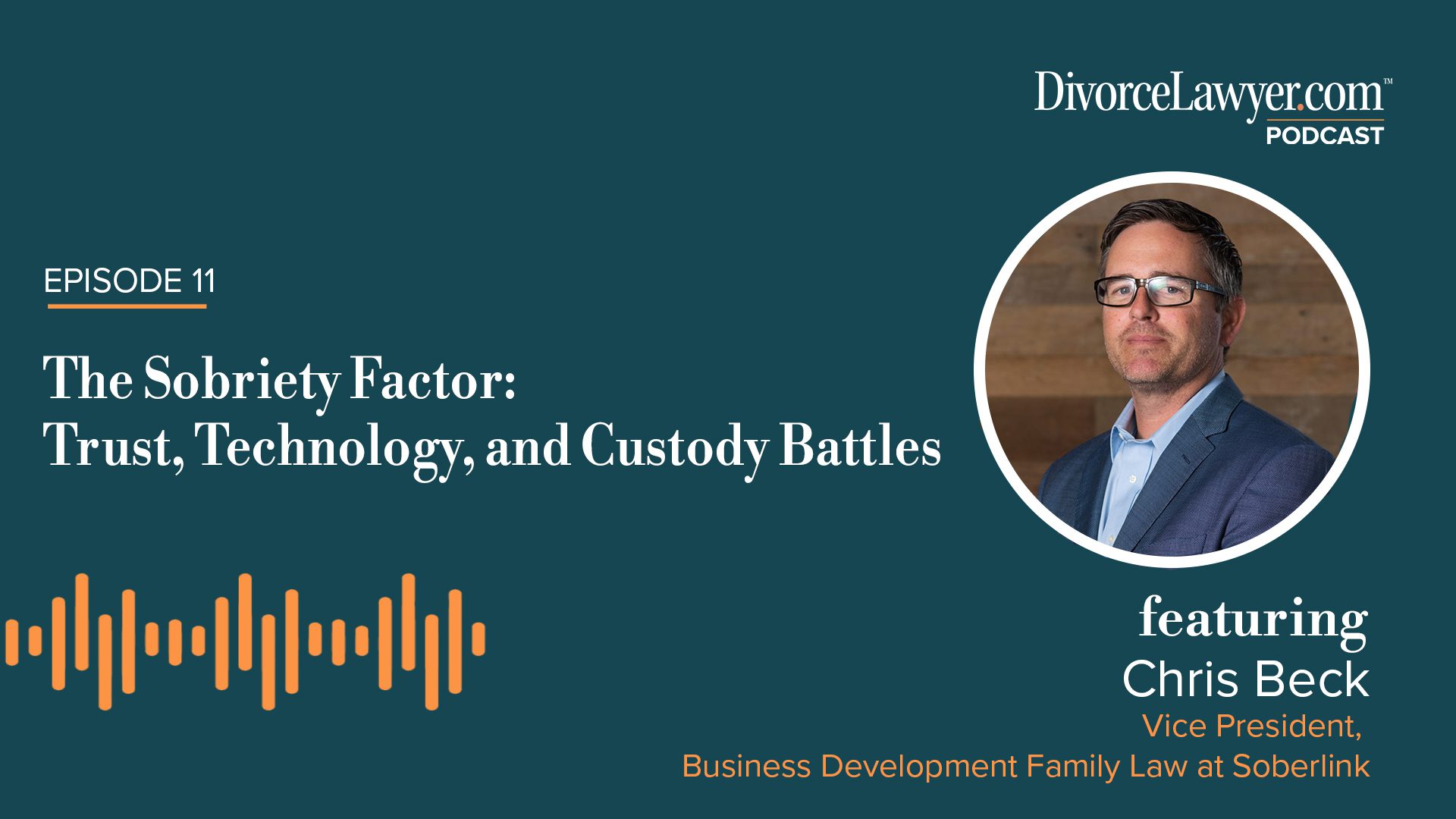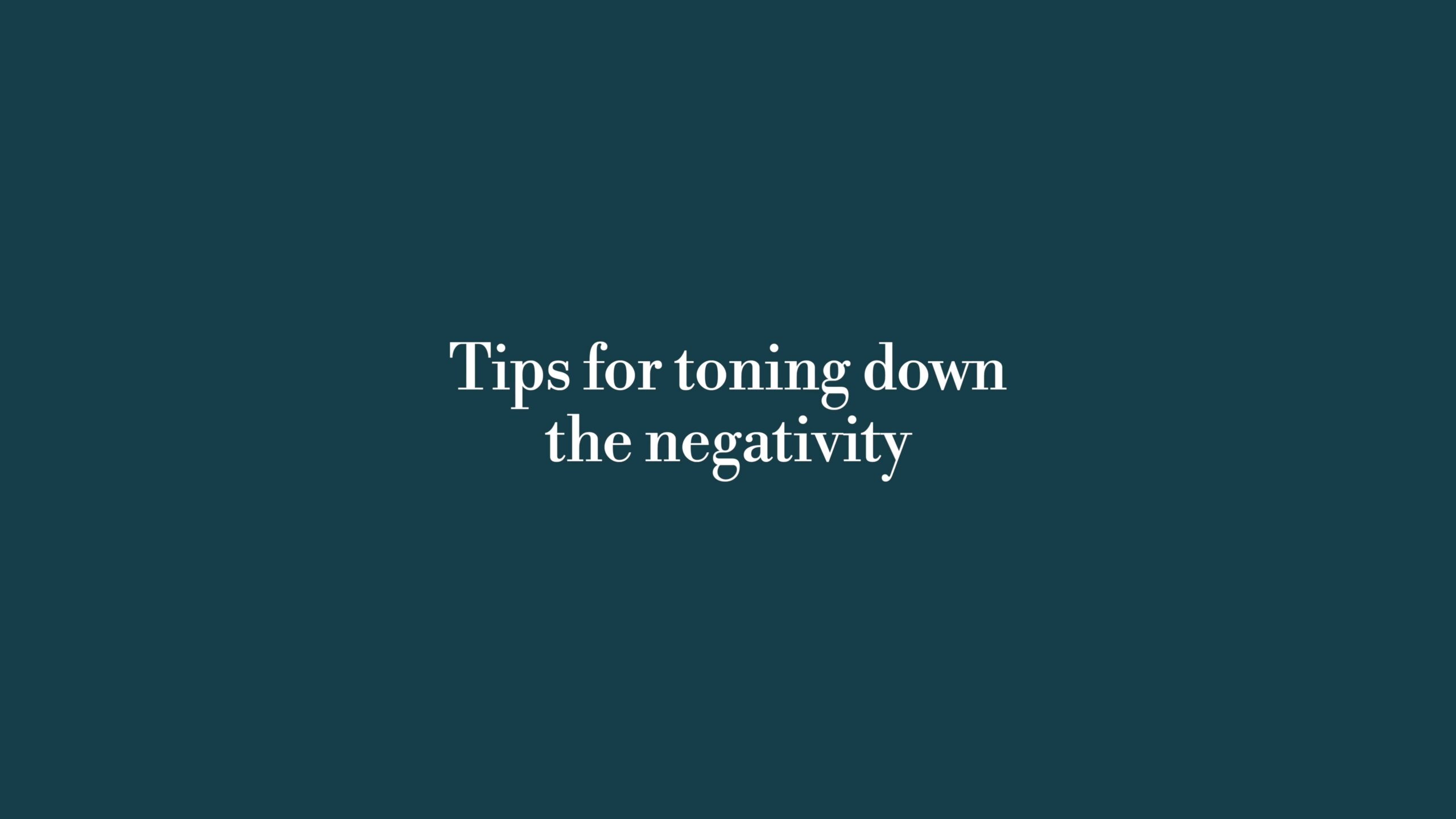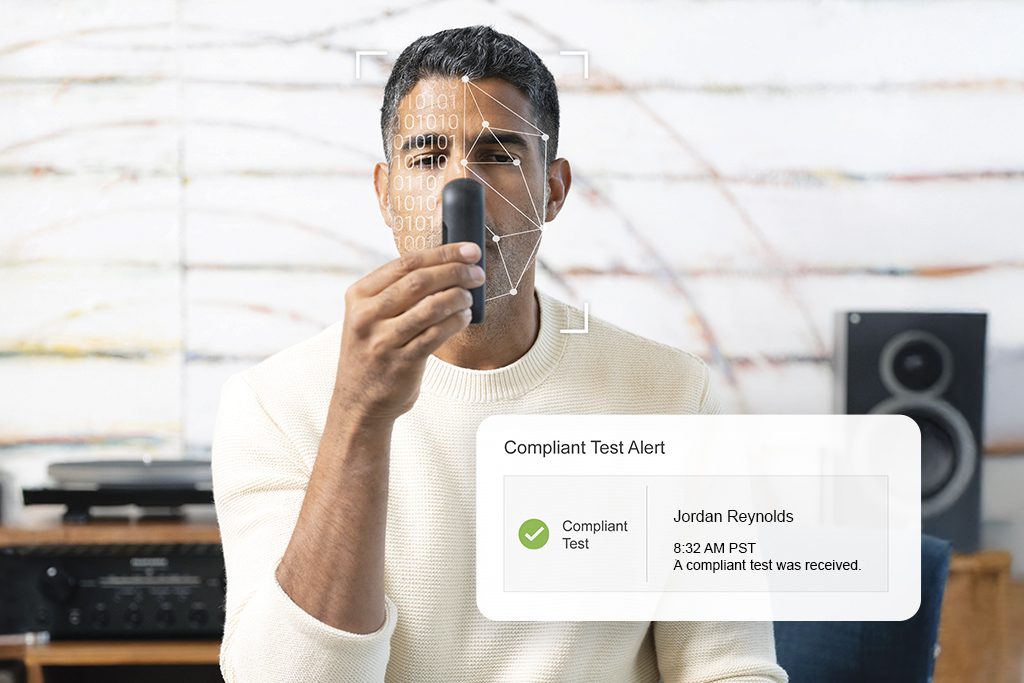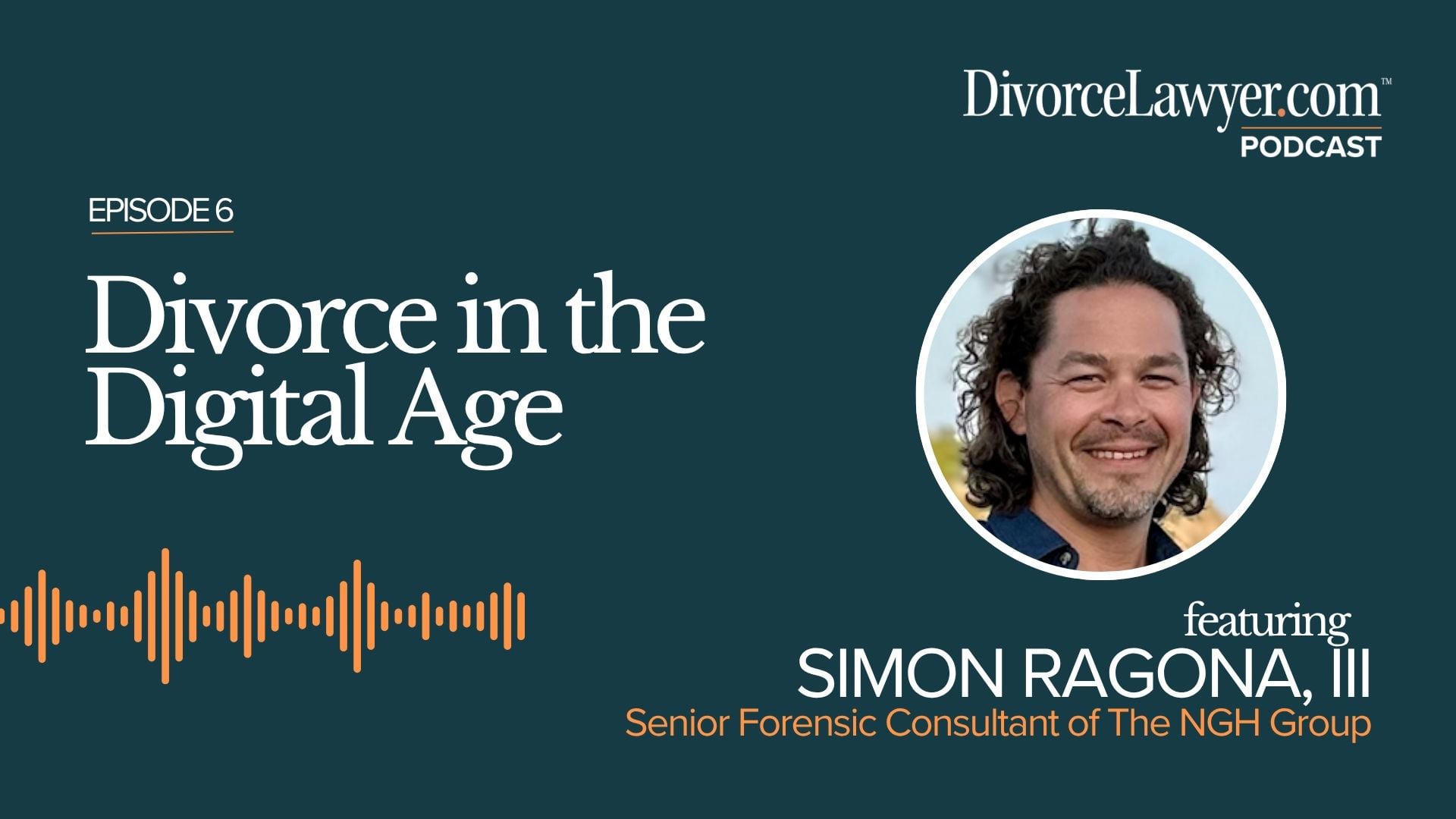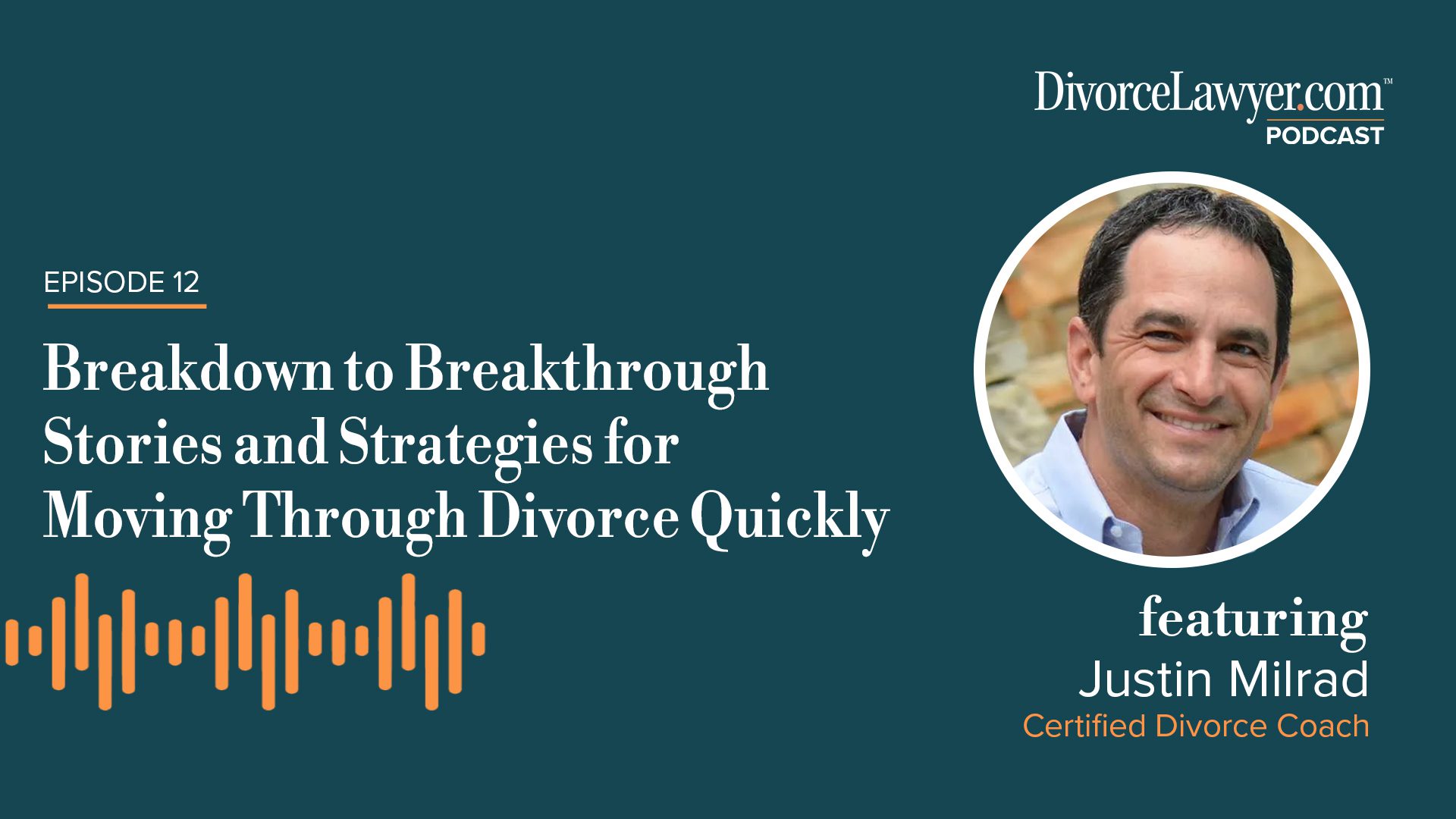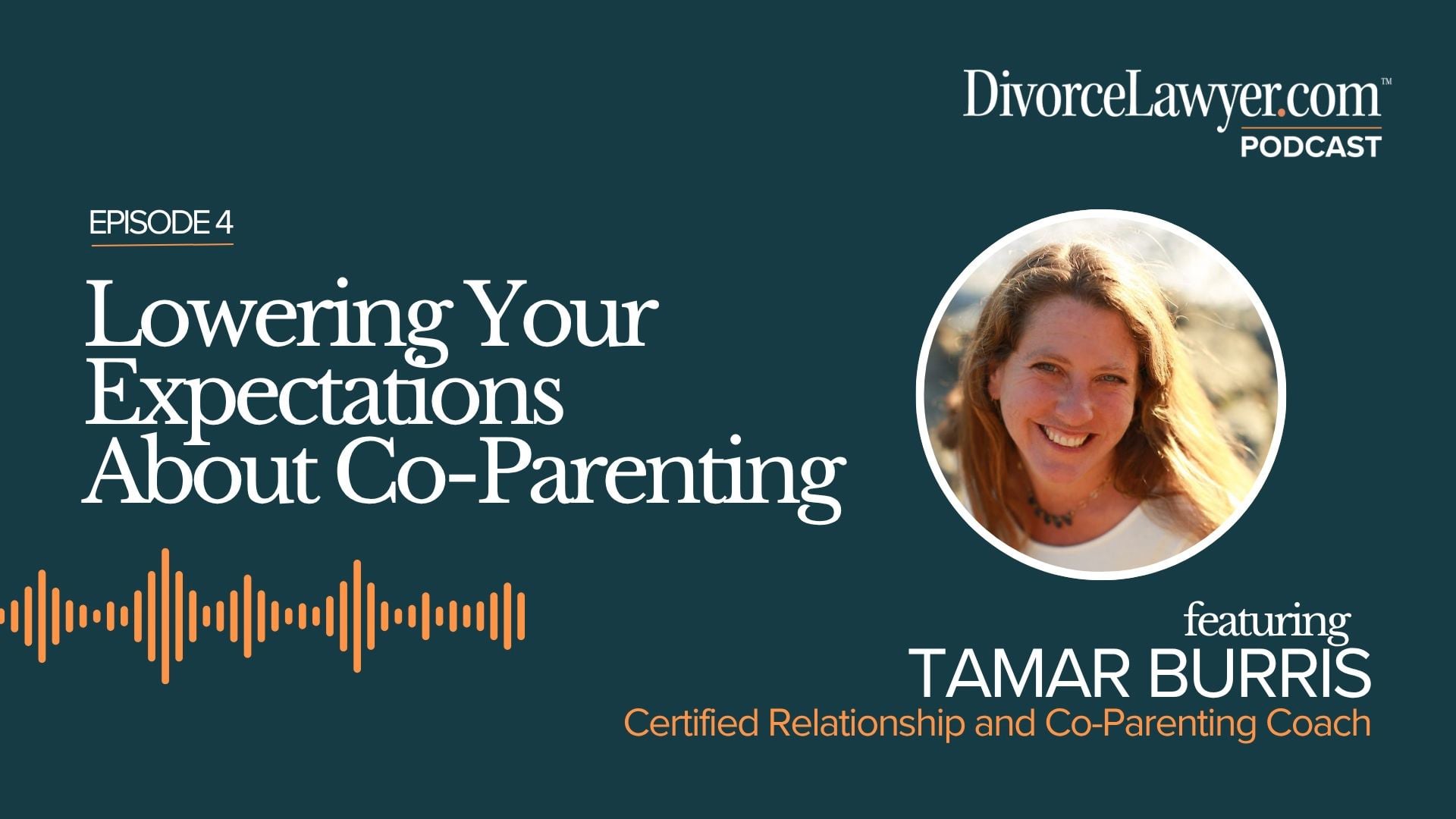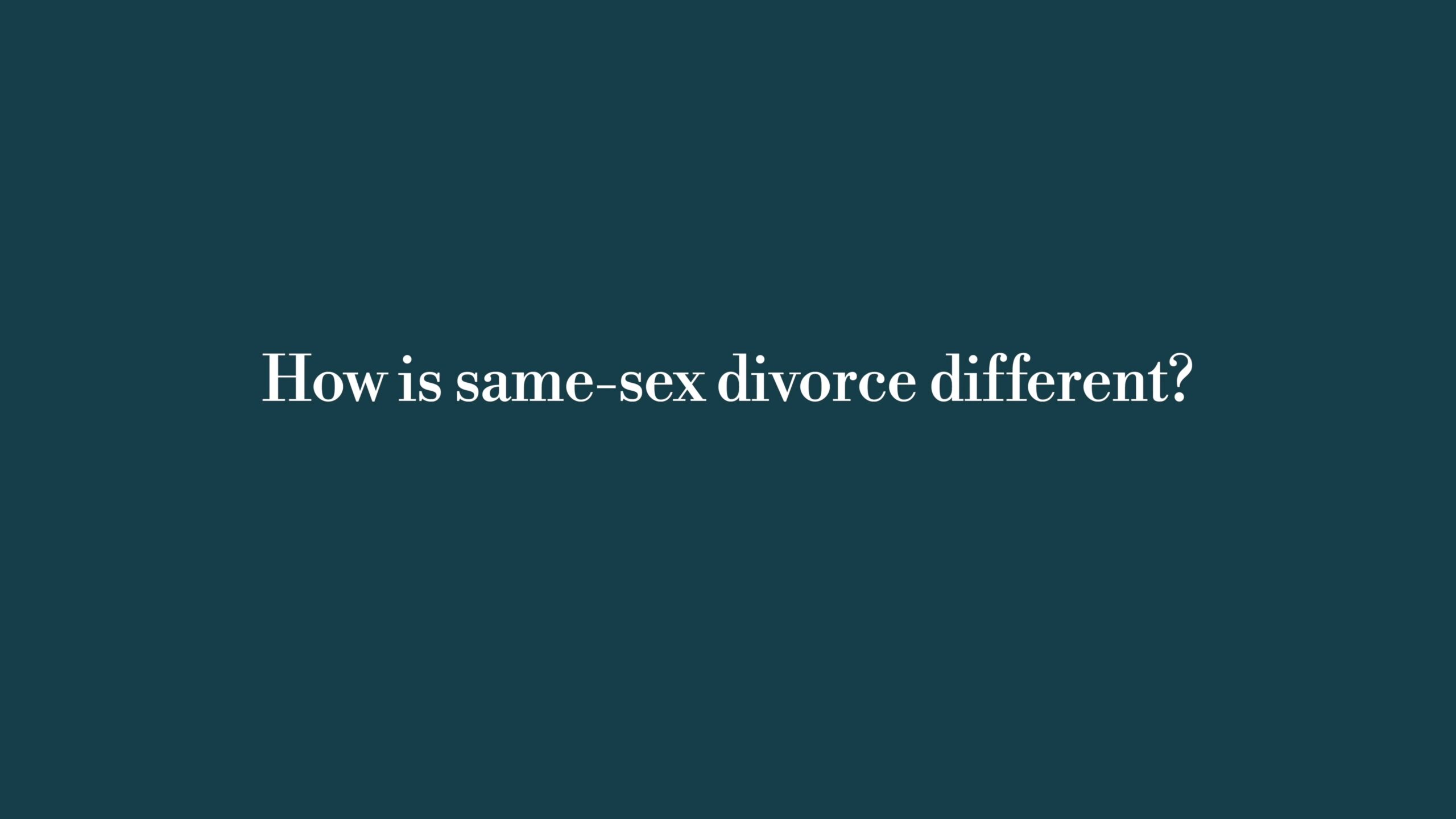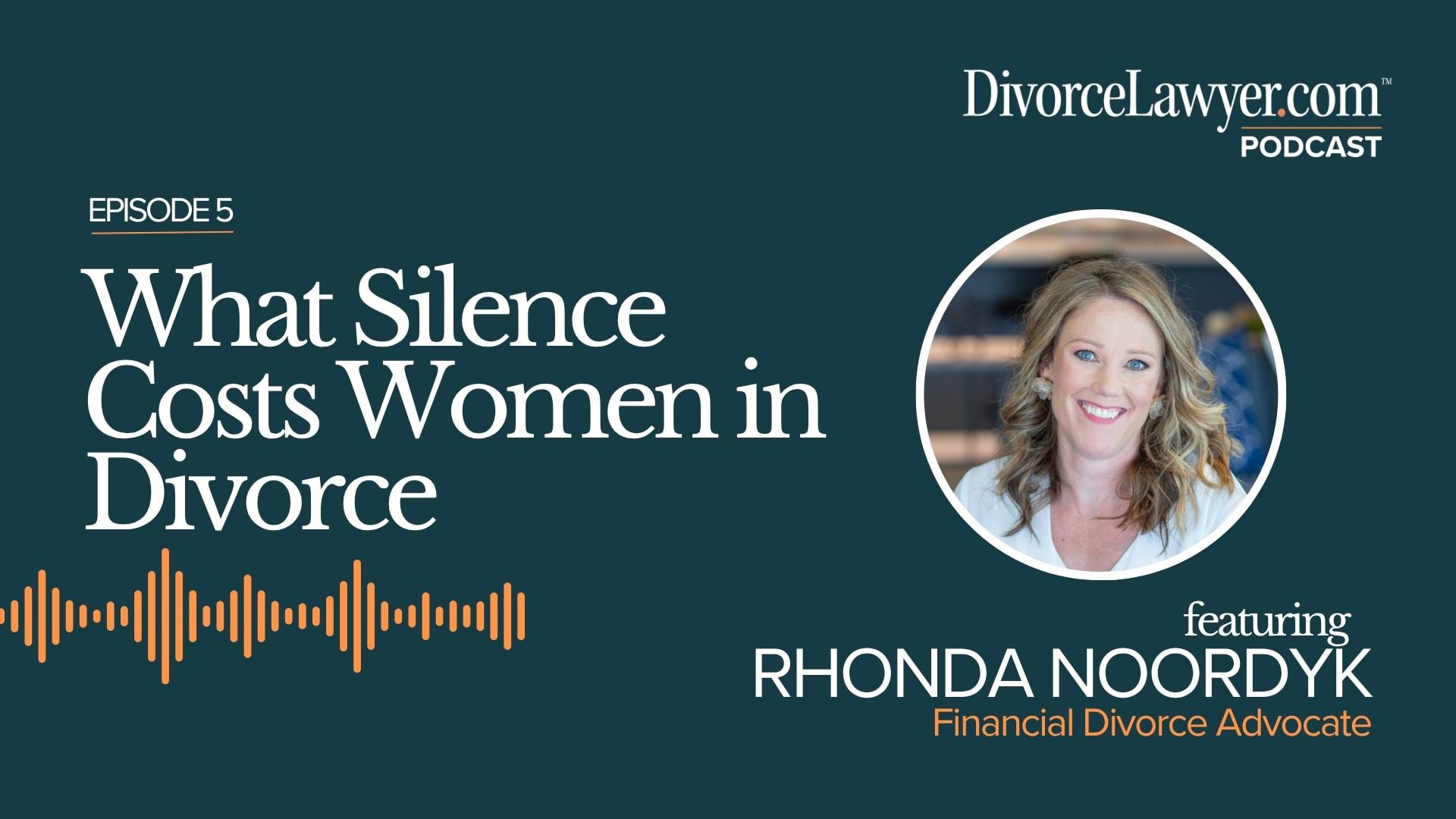Using Humor to Cope with Divorce
OVERVIEW
WTF Divorce Founder Rob Roseman utilizes humor to help his audience, including 167,000 Instagram followers, cope with divorce, making the emotionally challenging experience more approachable and relatable. Humor is central to Rob’s strategy, serving as a hook to engage followers in conversations about sensitive topics and facilitate discussions that might otherwise be avoided. It also helps individuals manage negative feelings associated with divorce. WTF Divorce emphasizes audience engagement by soliciting responses to shared questions, fostering a supportive community.
HIGHLIGHTS
- Using humor as a coping mechanism – Rob created WTF Divorce to inject levity into the overwhelming experience of divorce, helping people handle negative energy.
- Community involvement strategy – WTF Divorce frequently asks questions to their audience, sharing responses to increase relatability and help people feel less isolated.
- Gender differences in divorce – women tend to initiate divorce more often (potentially 2/3 to 90% of divorces), having typically thought about it longer and done more research than men.
- Resources beyond humor – WTF Divorce connects people with experts, like dating coaches and co-parenting specialists, to help navigate post-divorce challenges.
- Addressing post-divorce isolation – a common thread among divorcees is feeling isolated as previous social circles often change; online communities can provide a starting point for building new connections.
- Contact information – find WTF Divorce on Instagram and at wtfdivorce.com.
TRANSCRIPT
Devon: Welcome to the divorce lawyer.com podcast. Here today we have Rob Roseman, a divorced dad to three kids, former Las Vegas Poker Pro, founder and operator of WTF Divorce, one of the most popular and cult-like brands. Podcast and Instagram with 167,000 followers. That helps make divorce a little bit easier and a hell of a lot more fun.
Welcome Rob.
Rob: Thank you Devon. Good to be here. That’s quite an intro. I’m gonna bring you around as my hype man. I like that.
Devon: So let’s get right into it and start with the questions. Rob, you walk a tight rope with your humor angle with WTF and the brand that you’ve built. How does using humor help both you and your audience cope with the challenges of divorce?
Rob: Devon, I come at everything from like my point of view, and when I went through my own divorce in 2020, it was just, it’s very overwhelming and there’s a lot of negative energy. And as somebody who likes. Comedy likes to laugh at the ridiculousness of life.
I thought, is anybody seeing this shit? This is a crazy amount of stuff for a person to handle. And at the end of the day, while we are going through a divorce, we’re still human beings. We still like to laugh about it. And when I decided to create WTF divorce, and even the name was like playing on that thing that we all need some levity when we’re going through.
Really horrible isolating time. And so I find it important to inject that into everything I do with the sarcastic and relatable angle. So it’s like comedians, like the darkest stuff. If you can tell jokes about it, I find it to be more relatable. More accessible, because we can only handle so much negative talk about our divorce.
Devon: Clearly, you had great foresight, and you hit a nerve. Have there been any drawbacks, comments from people being turned off, or is it all just this cult-like following that you’ve created, where everybody bought into it?
Rob: No, absolutely. And that’s, that is the one, the good thing about starting on social media is you only have four followers, and it’s your mom and your best friend.
So nobody talks. But as we’ve grown, we’ll see the comments can get very heated. I can’t believe you posted this. How are you making light of this? My ex abused me, blah, blah, blah. And I think that’s people’s right to say that Everybody can say their own thing, especially on social media. You’re anonymous.
You can put it out there. But I think overall it’s well received, and I always, I’ll tell people like, Hey, we’re not for everybody. If you wanna unfollow us, I understand, but we are pretty sensitive to keeping a balance. This is not just dark comedy all the time. It’s inspirational.
We just like a spoonful of sugar every now and then helps the medicine go down. But yes, there is a lot of pushback. Sometimes I’ll screenshot the comments and be like, look at this person. They just wrote me an essay about a meme I posted, and I get to laugh about that.
Devon: Interestingly, the next question is somewhat related, so you may have addressed it, and you may wanna enhance your answer. Balancing humor and sensitivity, divorce is a sensitive topic. Understatement. How do you ensure that your humorous approach remains respectful and doesn’t minimize the pain that many feel?
Rob: Yeah, again, I think it’s like you’re not gonna hit ’em all, but we’re always coming from a place of empathy and things that we’ve gone through. A big thing we do on WTF divorce is we involve the audience. So we’ll ask a question, we’ll be like, even yesterday, what’s the biggest mistake you made in your divorce?
And we’ll get hundreds of responses. And by sharing them, this isn’t like stuff that I think, this is stuff that other people think. It really increases the relatability of it. I’ll get messages that are like, oh my God, I went through that too. Or, my ex did that, too. Or I’m feeling the same way.
So I think just being mindful that, like these are people going through real stuff, but also if you just try to. Not push the edge at all. It gets bland. It gets boring. So you wanna look, people are on social media to be entertained, to be distracted from real life.
So every now and then, you’ve gotta push the line a little bit. But yeah, in my comments, I’ve learned to respond like, oh, I’m sorry you’re going through that. Or, sorry, you were offended by that. We don’t hit on all of ’em. So we try not to be abrasive, but. I learned when we tried to tone it down or mute the humor, it just loses its edge, and then we’re not really helping anybody because nobody wants to see it.
Devon: So you’ve spoken with hundreds, if not thousands, if not gotten feedback from tens of thousands of people. What is the response from the WTF divorce community regarding the use of humor in addressing divorce-related issues?
Rob: Oh, we get messages every day. It’s the most rewarding part of what I’m doing is thank you so much for sharing this.
I’ve never heard anybody else gets it. None of my friends or my family get it, so it’s been a resounding thing. Sometimes I’ll even put a question box: how has WTF divorce helped you? And we’ll get hundreds of responses. It makes me feel less alone, helps me laugh at the insanity, knowing that somebody else gets it.
So yeah, the response has been fantastic. And I think you’re gonna hear from people on all sides. We’re all gonna have bad days. But I think our point is just to consistently be there as like your wingman, your best friend that gets it, because that’s the one thing going through divorce is nobody really understands it unless you’ve been through it.
Devon: What’s super interesting about that is it’s almost like a counterbalance. There’s all this output that you put out there, and people have on a face with the various people they’re fortunate enough to speak with about their divorce, and you seem to be this. Counterbalance for people, this window into something that really balances out something that’s obviously really painful.
Would you say there’s any truth to that?
Rob: Yeah, totally. And again, I love comedy, so you always look at like how a comedian writes as jokes and they want to like, it is that contrast, that counter. So it’s like when your ex says the worst thing you’ve ever heard to you. But if you can make a light about it, all of a sudden, like you can sit with it better, you can understand it better, you might not, I always say we’re not trying to, if we can make you 10, 20% less frustrated and driven crazy by your divorce, then we’re, we’re providing a a service.
So I think, yeah, it’s finding just like the absurdity of all of this, making fun of it. And I think, I don’t know about you, but like that when we’re going through life as crazy as it is. If you can’t laugh about it, you’re gonna be, you’re gonna be crying all day.
Devon: Got it. So here@divorcelawyer.com, we look at a lot of stats.
Then there’s the human side of things. And so one of the loose stats you being an expert to validate or dismiss is that two-thirds of women initiate divorce.
Rob: I don’t know if it’s anecdotal, but I’ve heard as high as 80%, and I’ve heard even like college-educated women could be up to 90%. And look, as somebody who started a WTF divorce for divorced dads, I quickly learned that.
Most of the audience is divorced women. They’re thinking about it for a lot longer. Guys are just going through the motions a lot of times. I know I’m generalizing here, but in general, yes, I think women have spoken with their friends. They’ve done more research, they’ve gotten in touch with themselves more, and yeah, it does seem like men seem to be more blindsided or they were more okay with what was happening. And women are coming at it from a more proactive angle a lot of the time.
Devon: So you’ve got this cult like following, and while you’re here to address the masses, I know just from people speaking about the brand that you’ve built, that one of the things that people appreciate is that you also take a very individual approach with one’s feelings where you can.
I think that’s super interesting and leads to the next question, which is addressing male isolation post-divorce. So there’s all this attention on females initiating things, but studies indicate that divorced men often face increased isolation, leading to higher rates of depression and suicide. How do you address this issue within your community, and what advice would you offer to men struggling with loneliness after divorce?
Rob: Yeah, that’s a good question. And again, it is why I started this whole platform was because as a guy, there was nobody talking about this. It was just in the shadows. None of my friends were divorced, and if they were, there was very little talked about. So yeah, it’s important for me, while a lot of our content seems like it’s geared towards women, and I get a lot of comments from men saying what about us?
Everything is about women here. I think men go through a uniquely painful way of dealing with it, where we isolate ourselves, where we self-medicate with drinking, drugs, sex, there’s just a lot of we’re not really doing the same work, and we retreat. So I think I don’t know if it’s, I’ve seen statistics where I’m sure male suicide rates are higher in all men, but I think after divorce and a life change, maybe your kids are taken away from you.
It’s just a really hard thing for guys. So I think speaking about it, the fact that I’m on camera talking about it, so you’re seeing another guy talking about it. Again, I got into this whole space coming as a dad, and I used to have a dad podcast where we talked about our other dads going through it.
They’re not talking about it. Even more extreme with divorce. And, we’ve got our kids, and then we don’t. So I think it’s important to just normalize that men are going through this, women, you’re gonna be dating men that are going through this. Your ex is co-parenting your kids. So it’s like important to be involved. The guy’s perspective in this and that’s something I just didn’t see a lot of.
Devon: So one of the other things that people recognize about your brand and your following is that it’s humor-led, but you’ve been known and outspoken about, oh, also being resourceful. So, for example, coping strategies beyond humor.
Humor might be the direction, but we also need to make a concerted effort to offer people tangible takeaway-type things, because once they leave your ecosystem, they’re back in the real world. So beyond humor, what coping strategies have you found effective in navigating the emotional challenges of divorce, and how can others implement them?
Rob: Yeah. So, besides humor, look, a lot of what we’re doing is connecting people with experts. I am not an expert. I’m the one going through it. So I came into it like a lot of guys from how do I start dating? So I found that there are dating coaches. So there’s resources where we’re sharing a lot of content from other experts.
I think it’s important to educate yourself, and today, 10 years ago, you had to read a book, which you would’ve never done. Now you can open your phone and listen to a podcast. Again, finding these resources can be very overwhelming. So that’s one thing we try to do is almost aggregate. And make it easier for you to learn these things.
And then, if you’re interested in going deeper, do that. But, dating, something most people haven’t done in 20 years. Co-parenting, it’s one of the trickiest things you could do. This person that you ended a relationship with, maybe not on good terms. Now you’ve gotta have day-to-day interactions about the most important part of your life – kids. I certainly didn’t know how to do that. I can’t imagine anybody else did. And it’s a constant, a learning process. You need the reminder almost more than you need to be taught that there’s gonna be hiccups. So I think it’s important to constantly be learning and learning from people that are smarter than me or that have walked in my shoes.
So I think it’s important to spend some time when you’re feeling frustrated or you’re feeling lost, look for resources, and that’s an important thing as we try to. Mix it up where we’re always sharing different topics to hopefully hit on the one that one person is looking for.
Devon: One of the things I personally have always found interesting about what you’ve done is that you seem to hit on and unlock this potential for people to embrace.
Humor and divorce. It’s okay. It doesn’t mean that you’re not taking it seriously. It doesn’t mean that you don’t understand the gravity of it, but it’s a single mirror component that can have more weight than the singularity of it being a component. Would you say that’s true?
Rob: Yeah, I think the way a message is communicated is everything, it’s like the hook on tv.
Why do you watch the show? Why do you open the email? It’s like you need to be mindful. If you tell somebody that your ex is a narcissist, here are five things. It’s just, it’s not gonna be received. I enjoy marketing. I enjoy persuasion, and I’m like, how can somebody get across a message? A lot of times, you’re great at this with humor and disarming people, and then all of a sudden, we’re paying attention.
A lot of my energy is like, how can we get this really sensitive, important topic so somebody will listen and think about it and dig a little deeper. And that’s a hard thing. And I think a lot of professionals you see that are excellent at their work. Lawyers, financial advisors, they’re experts in their craft.
And what we try to do is help them get that message across, and maybe that’s through a meme, or maybe that’s with editing, where the first thing they say you’ve caught your attention. I find when I do a lot of podcasts, people are talking about their credentials and how much they help people and people have checked out by then. So I feel like it’s our job to help these professionals connect in the most effective way with the audience that they want to help.
Devon: Awesome. So, last question. And I think an important question, because by definition, well by definition alone, these days of being human is lonely.
Getting divorced has to feel. As we know, the range of emotions and so you having spoken with so many people, we here at divorcelawyer.com are very curious about your answer. Rob, on the following question, so what would you say the common threads are of those going through their divorce journey?
Which really starts the conversation about everybody’s an individual, but let me just tell you pretty much if there’s an answer, what it is that we’ve seen from the community. What is that common thread or threads?
Rob: Yeah, it’s a really tricky thing because. You crave connection. You crave somebody to listen to and somebody that understands it.
But a lot of times in real life, those people are not to be found. Your family might live somewhere else. Your friends are married, they can’t hang out. So you still want to connect with people, but you don’t know how. So I actually have found, and while I have my issues with social media and all the tech that we use.
What do they say You’re the average of the five people you spend the most time with? For me, a lot of that is online. Who am I following? Who is, who can relate to what I’m going through, who can teach me things? So I think it’s important to find your people. And when you get divorced, a lot of those old friends, you might, they might have moved on, they might side with your ex.
They might not really care, your family. They might have your best intentions. They might say, oh, screw your ex. And that’s not really helpful when you’re trying to build a new life. So I think there’s that constant feeling of isolation and overwhelm. And I think today with podcasts and Instagram and just all of the resources, you can start to cultivate like your new life, your new foundation.
And I think it is important to put yourself out there in the real world. Whether that’s through dating, whether that’s through going to the gym, joining activities, all things that you probably haven’t done in 30 years. You need to take baby steps and a lot of that. I think the easiest way to do that is through online, because you’ll start to find your people, you’ll start to find your voice, and then that can give you more confidence to enter this new life, because look, a big reason we get divorced, whether you chose it or not, is to this inflection point in your life. You’ve got this new opportunity to be your new self. So take advantage of it. It’s not easy. It’s gonna be very clunky at first. I always tell people it gets worse before it gets better, but even hearing things like that from people that have gone through it, I think is very important because you can get caught in this kind of like resentful oh, you’ll meet somebody, or, oh, this, you didn’t wanna be with them anyways. And that can drive you even more crazy. So I think it’s very important to find your people. And if those people are online and you’ve never met ’em, that’s a great place to start. And it’ll set your trajectory in a, it’ll, point your ship to somewhere that you want to go to.
Devon: Amazing, amazing insights. So, Rob Roseman, why don’t you let everybody know where we can find you?
Rob: Thank you, Devon, for being on here. It’s always like a therapy session when I get to talk about this.
We are at WTF divorce. We’re on Instagram. You can send me a message there. I respond to almost everybody that writes wtfdivorce.com. We send a free email where we share some of these memes and tips, and just try to inject a little bit of levity into the chaos you’re going through. But yeah, we keep it memorable.
Wtf divorce.com. Find us there and look forward to connecting with your audience.
The DivorceLawyer.com Podcast with Devon Rifkin, featuring Rob Roseman, Founder of WTF Divorce
Contact information – find WTFDivorce on Instagram or visit the and at their website, wtfdivorce.com.
